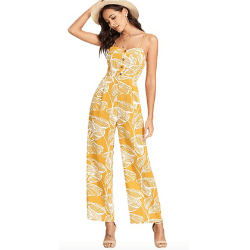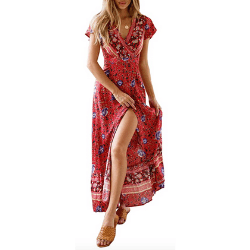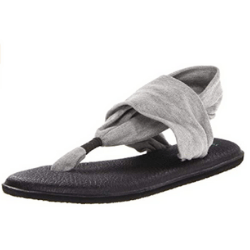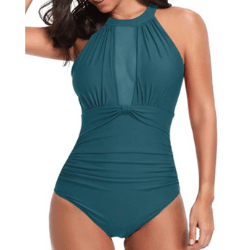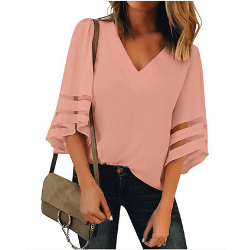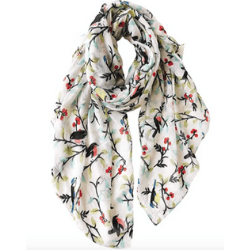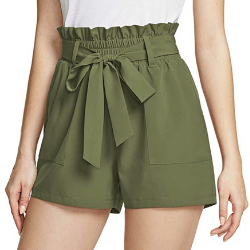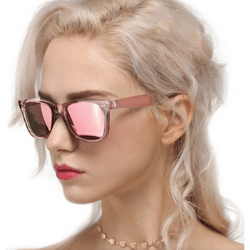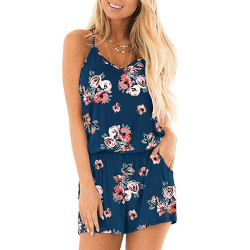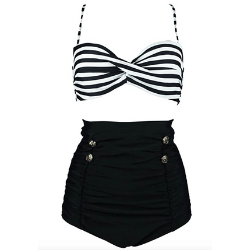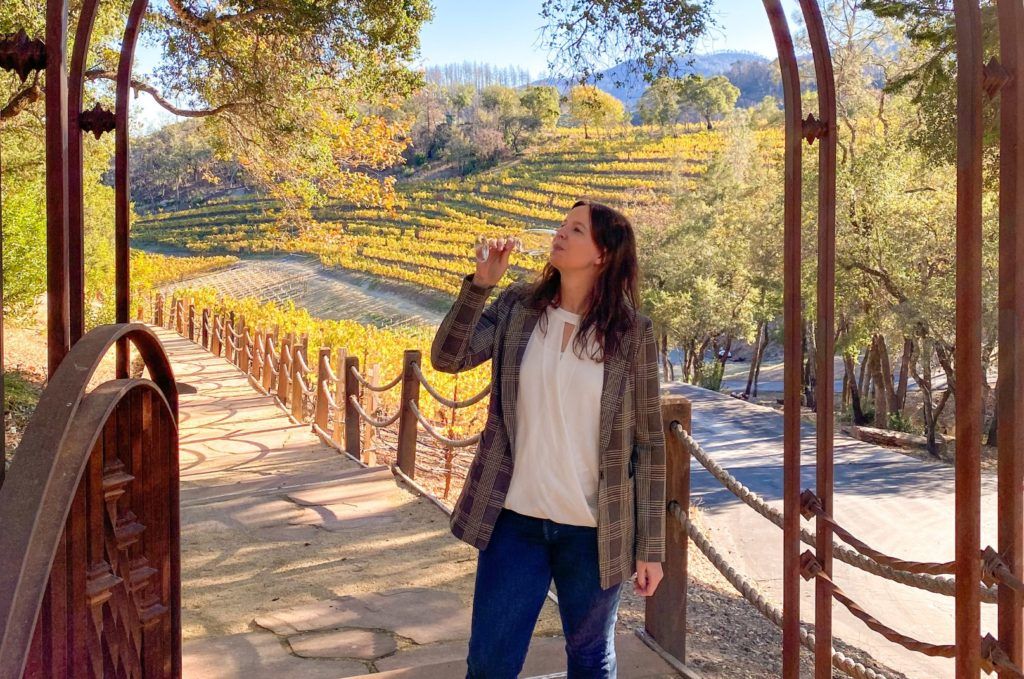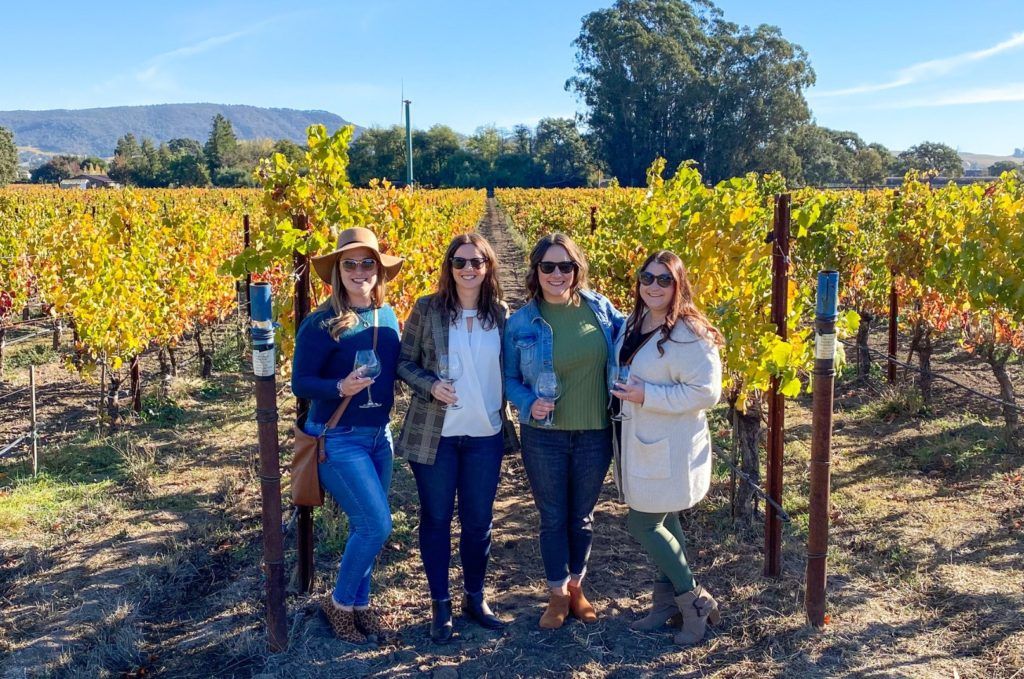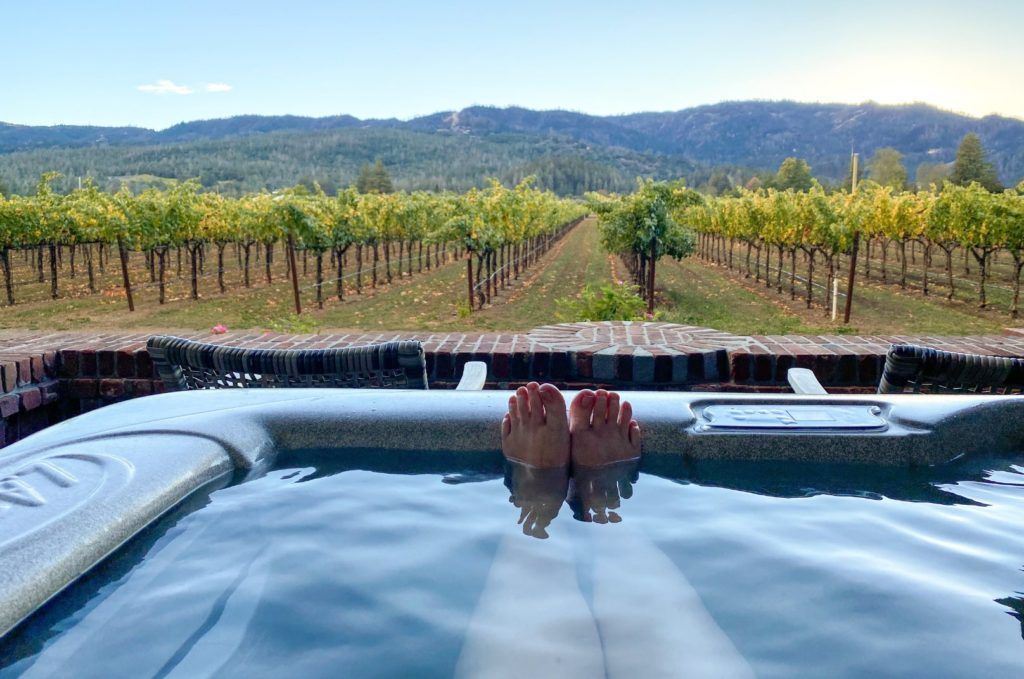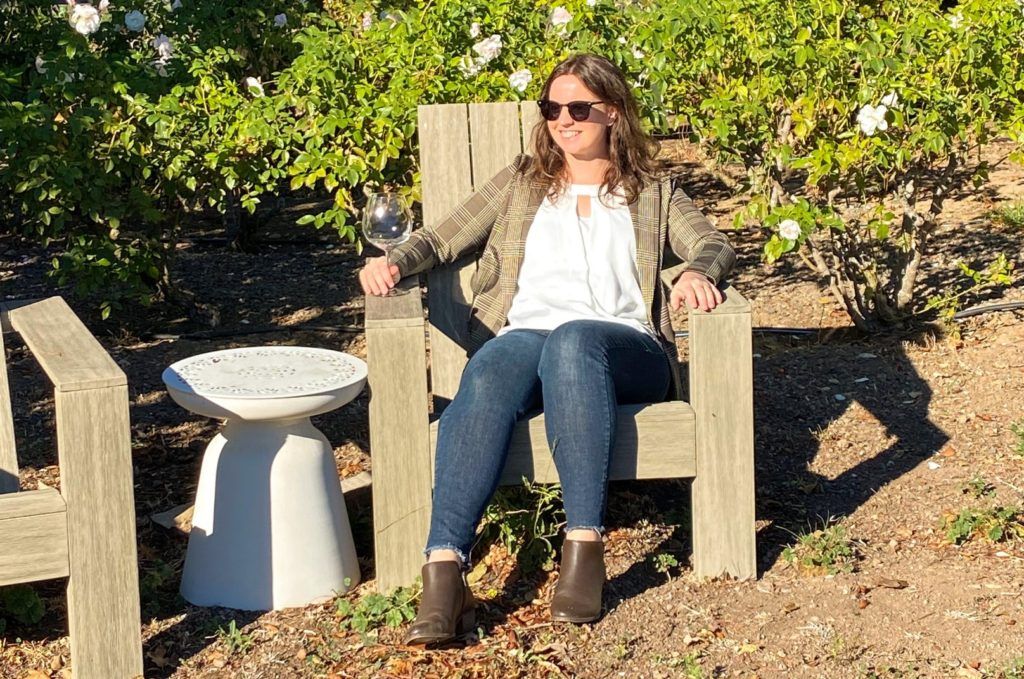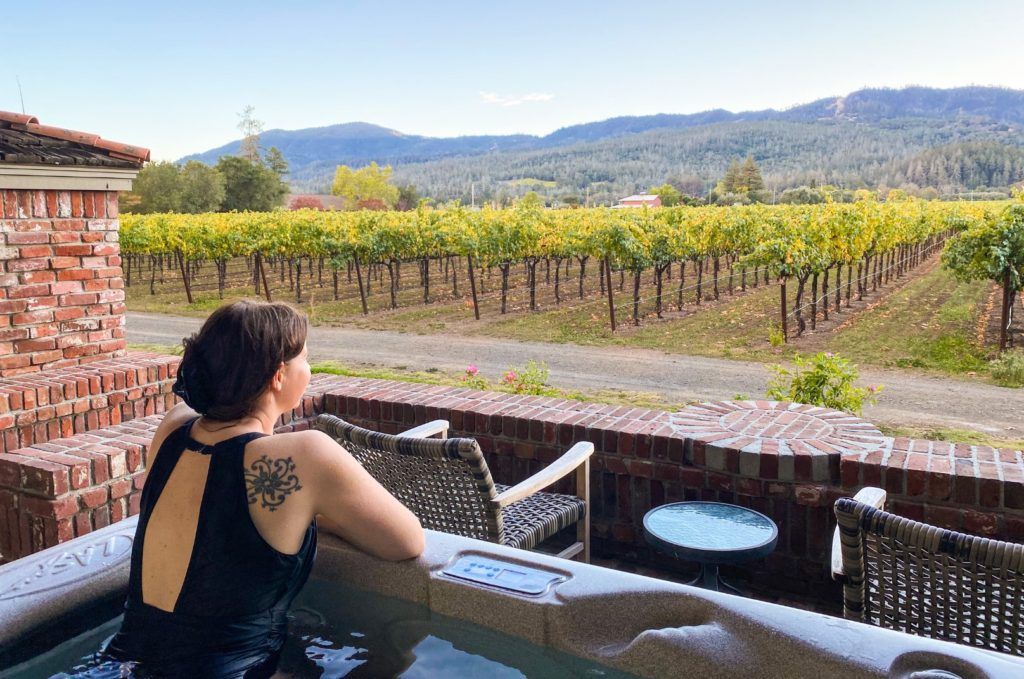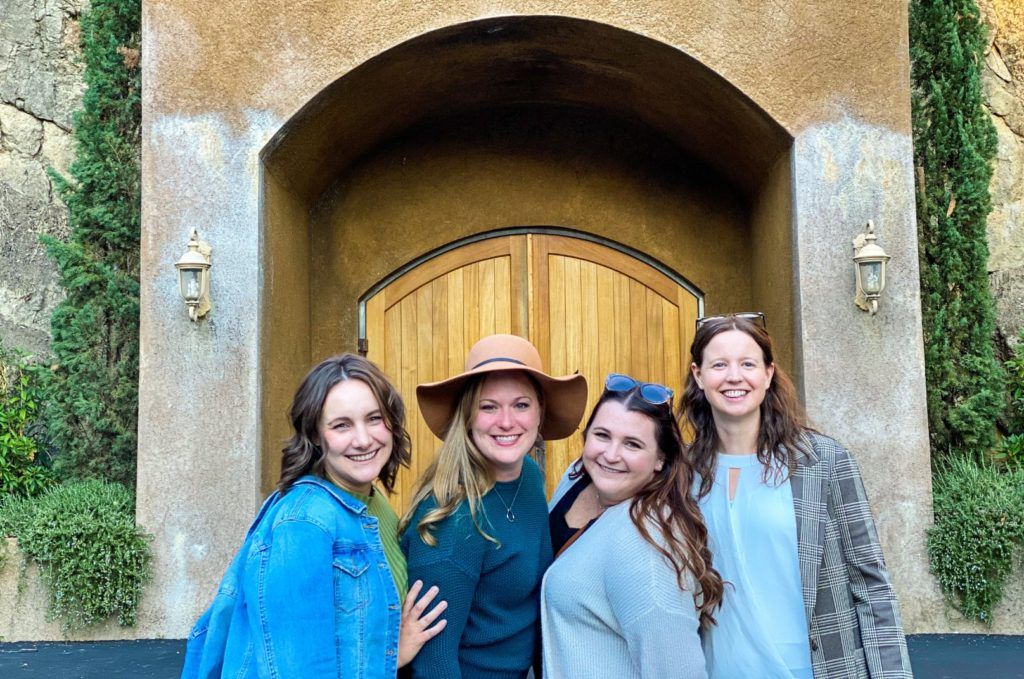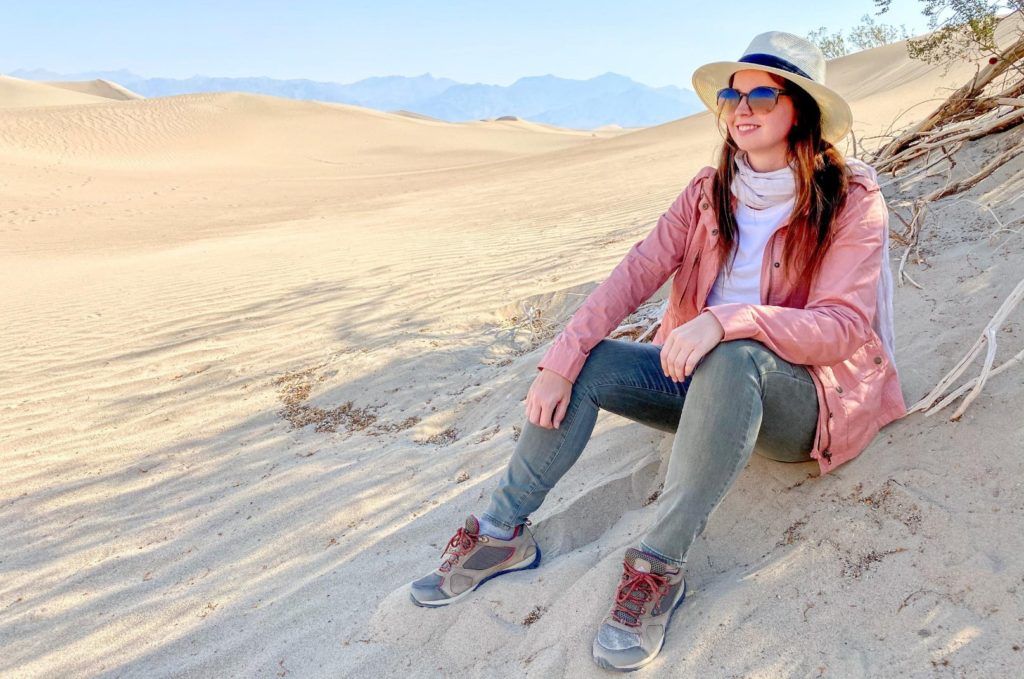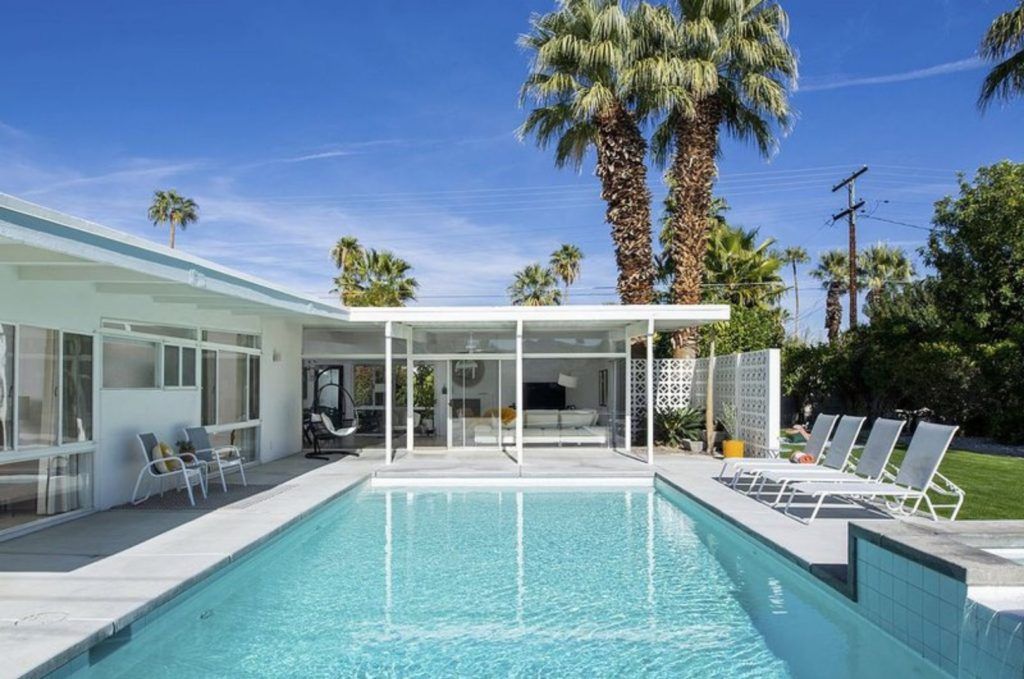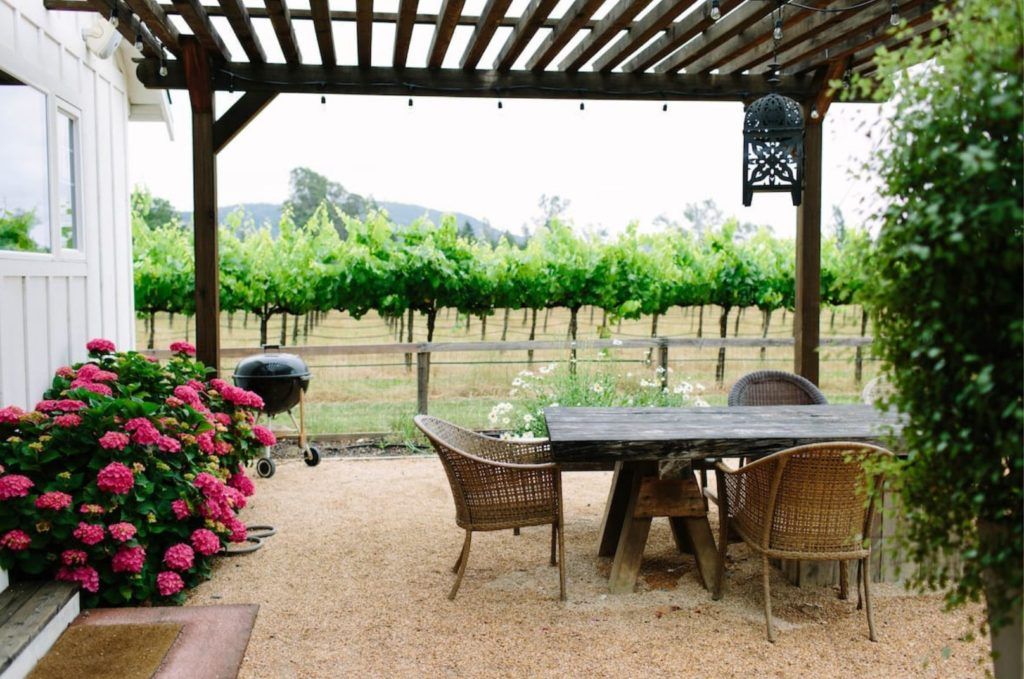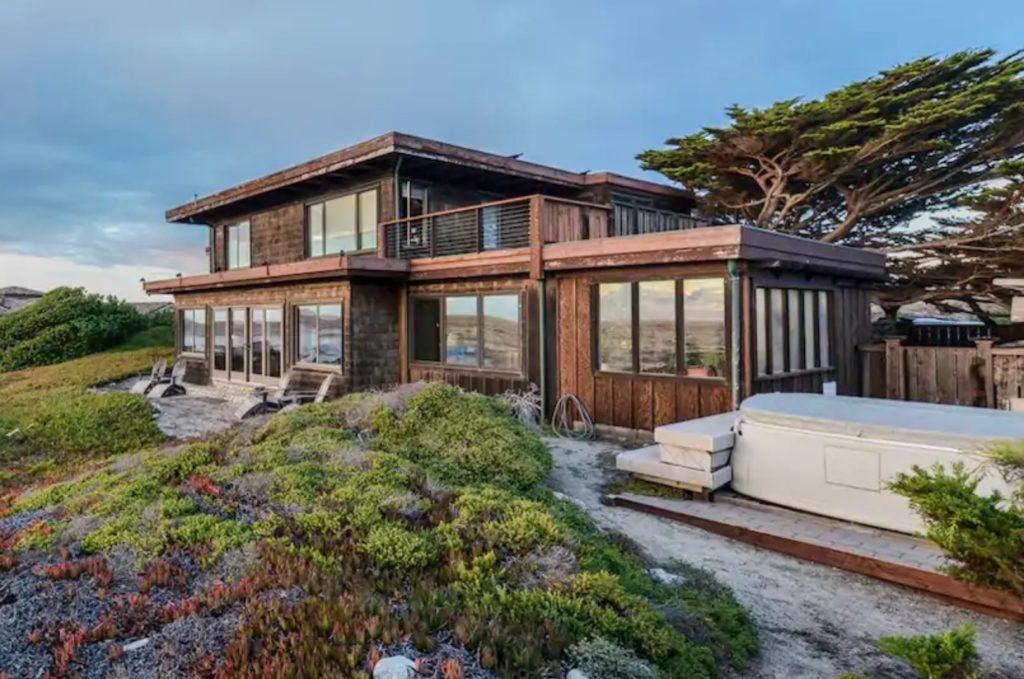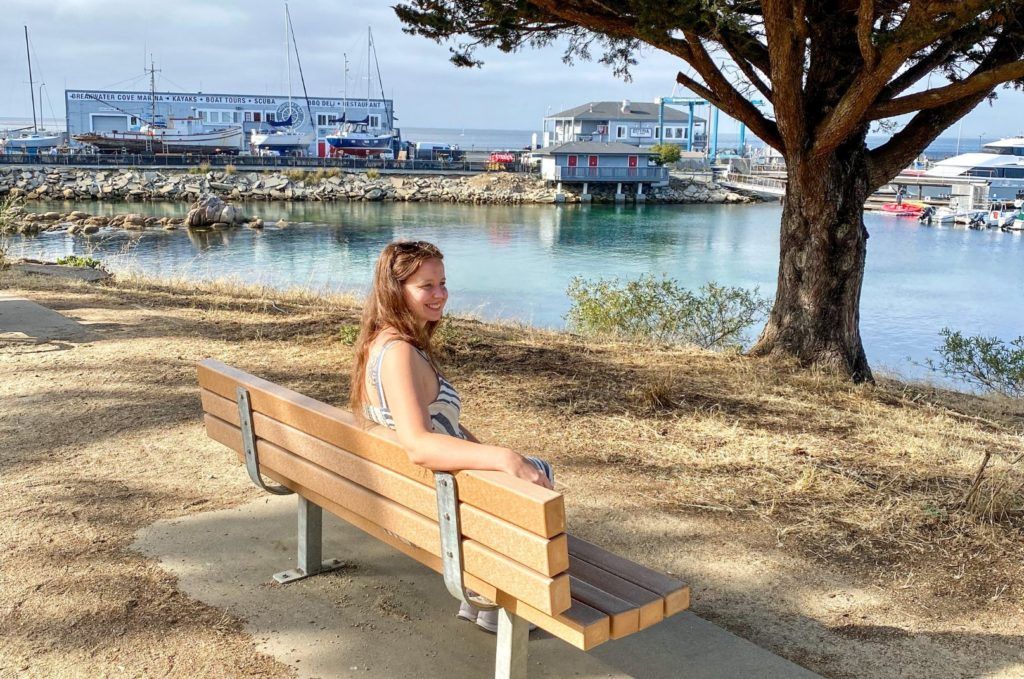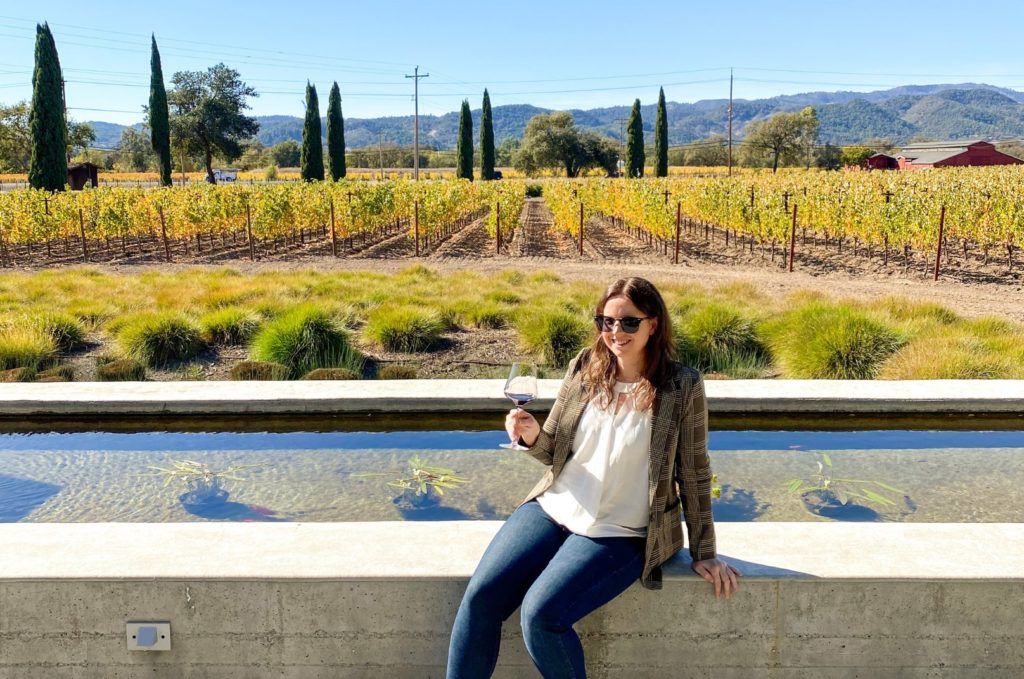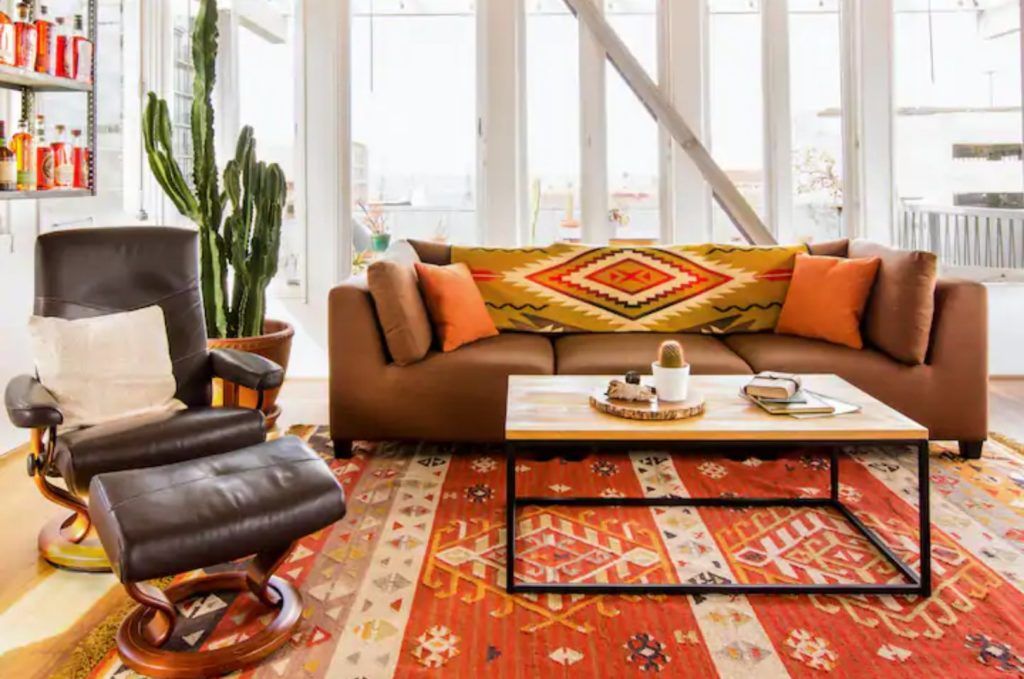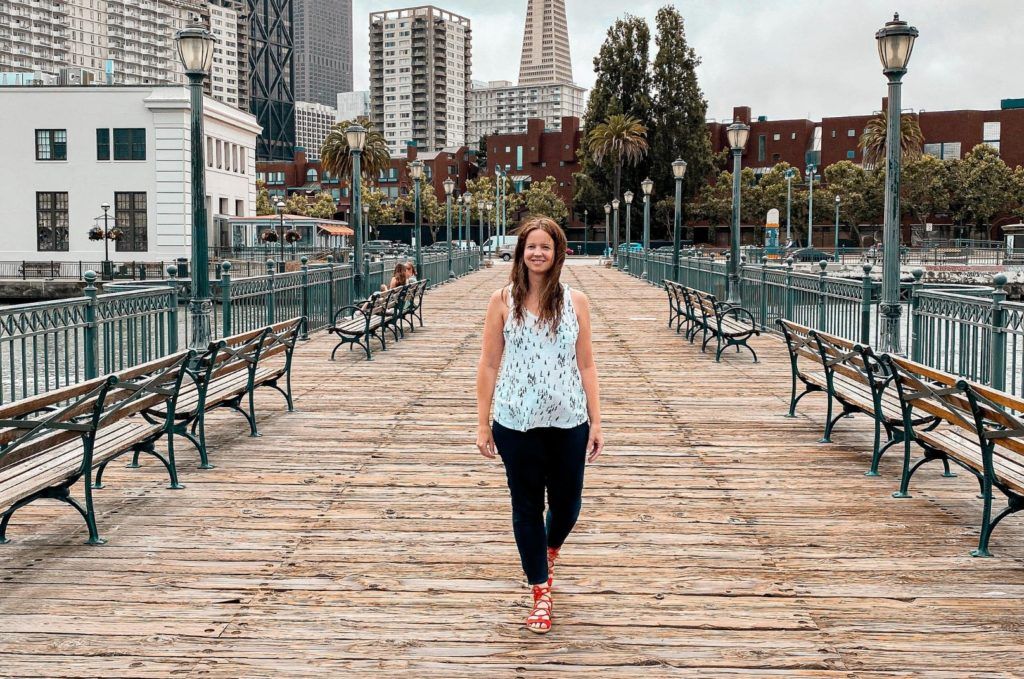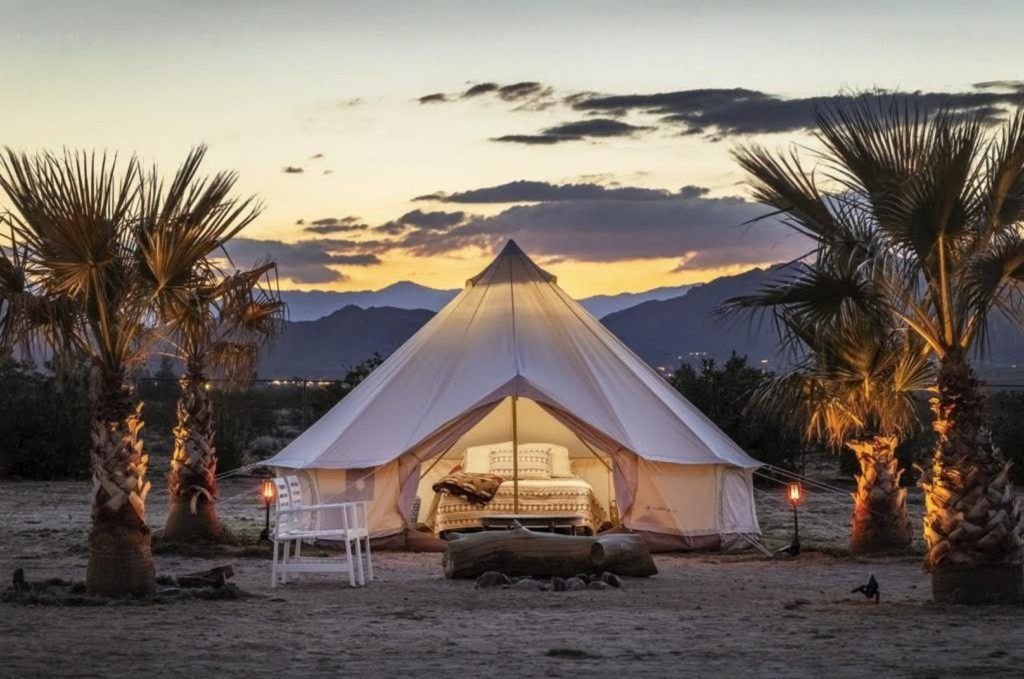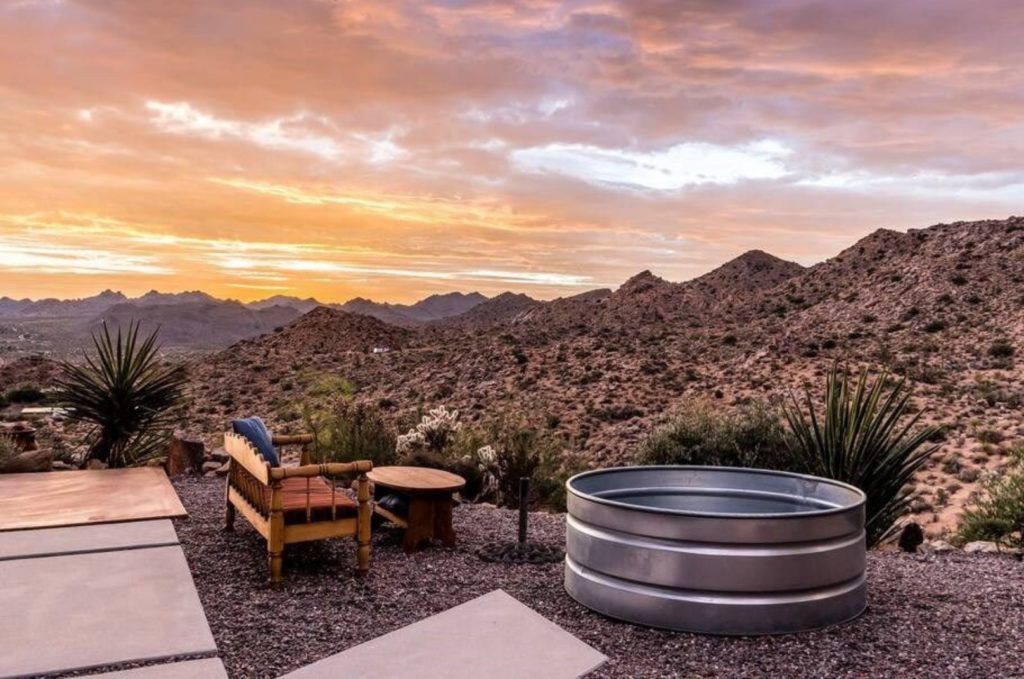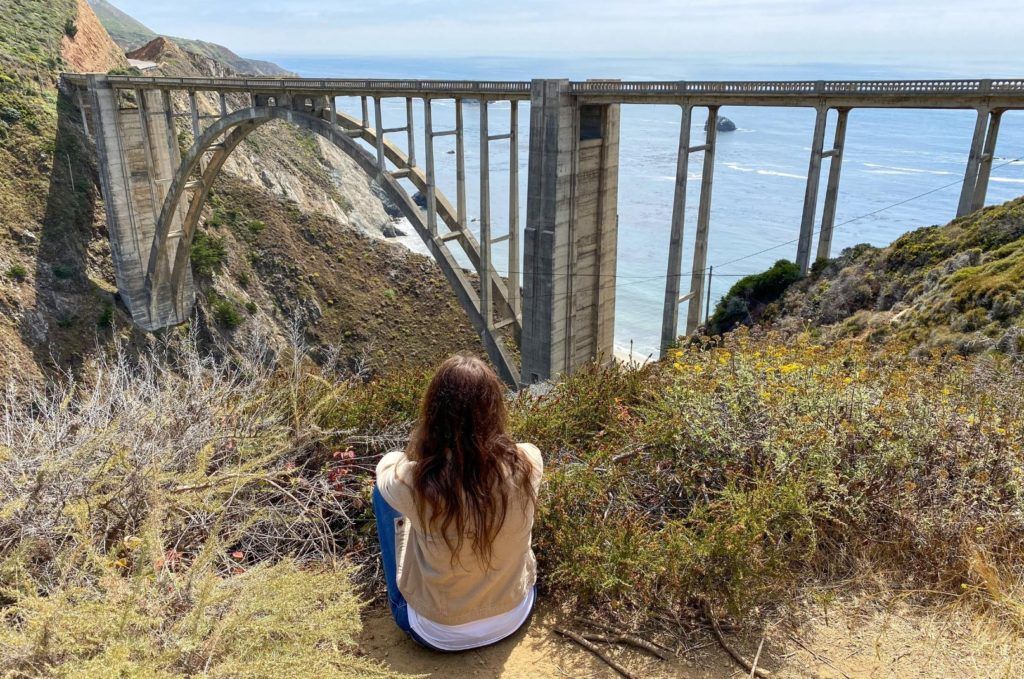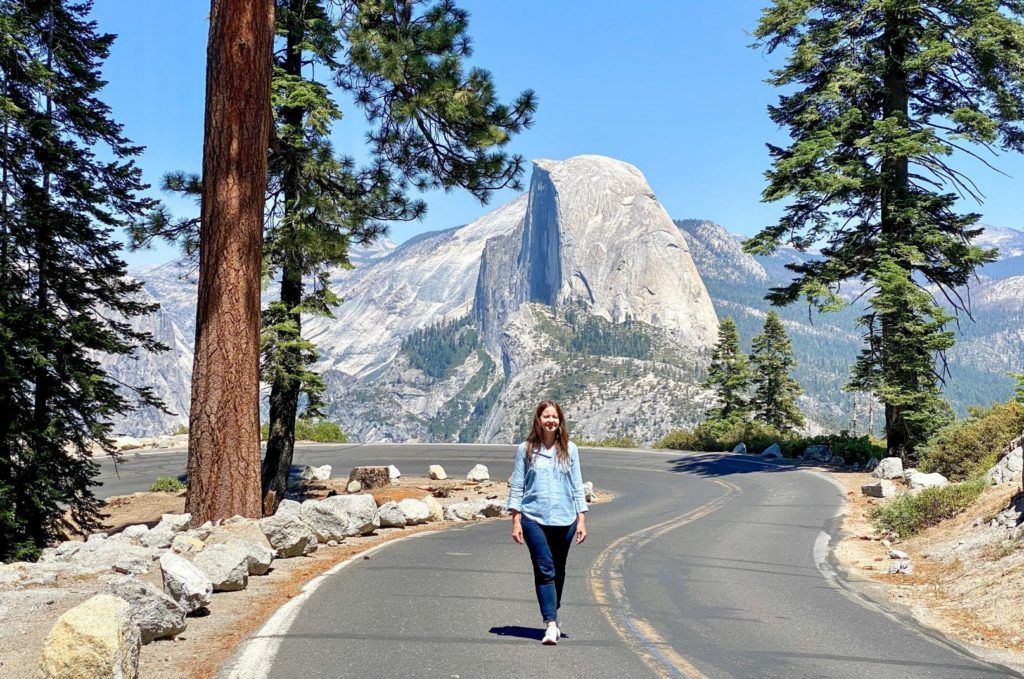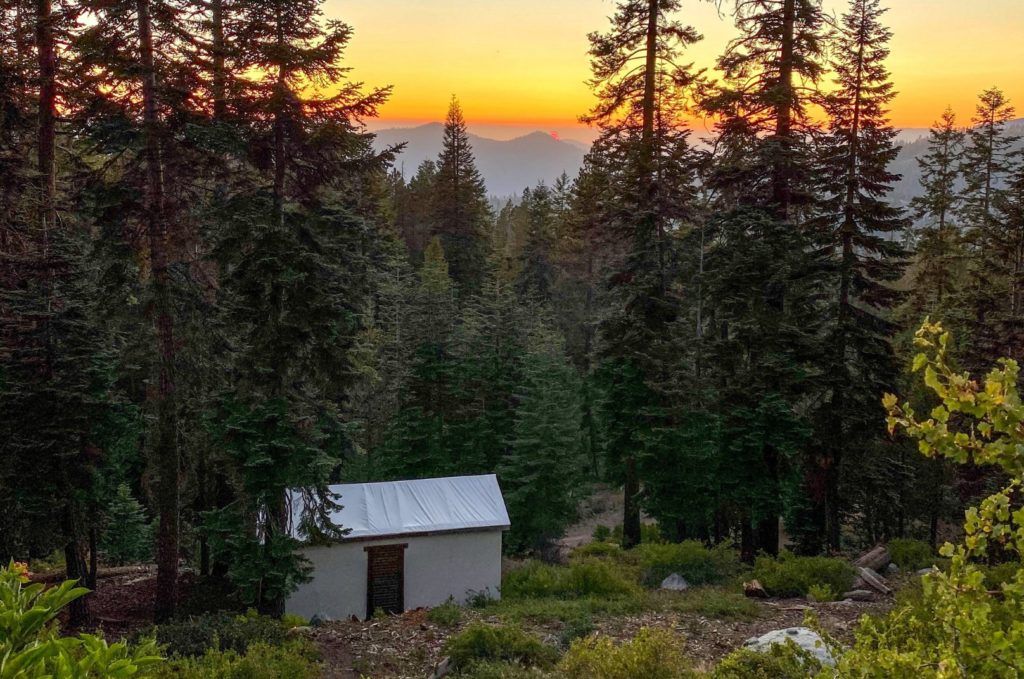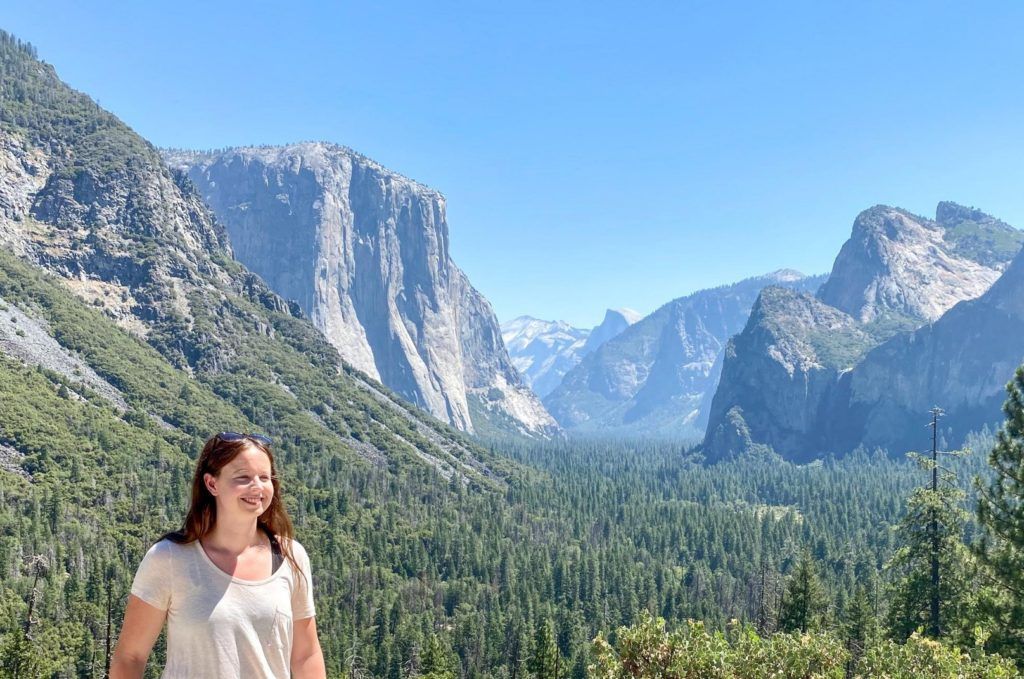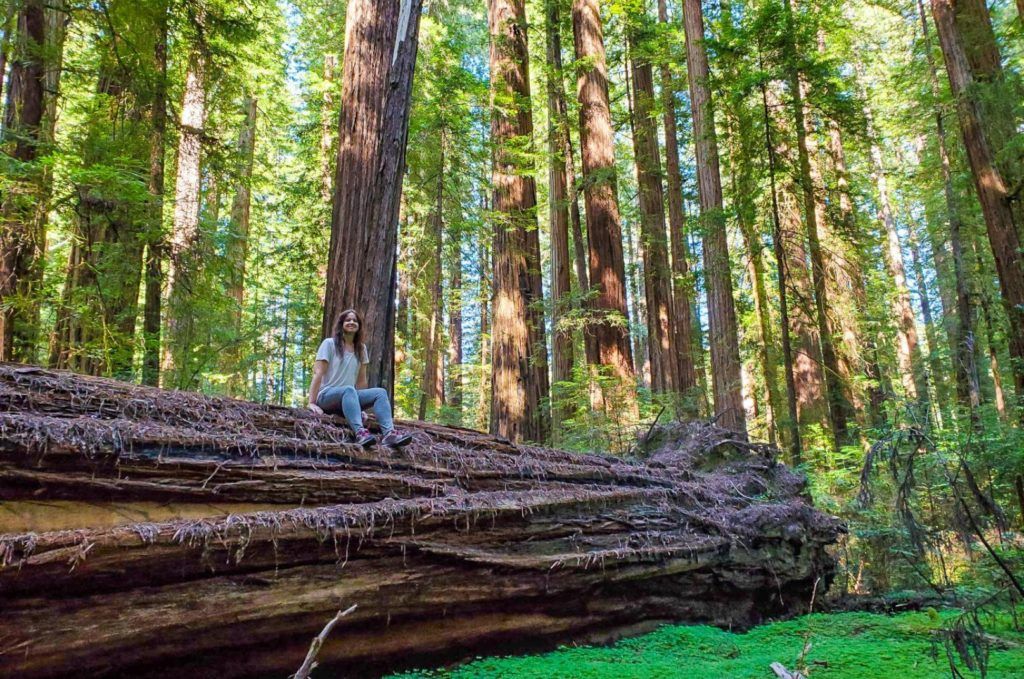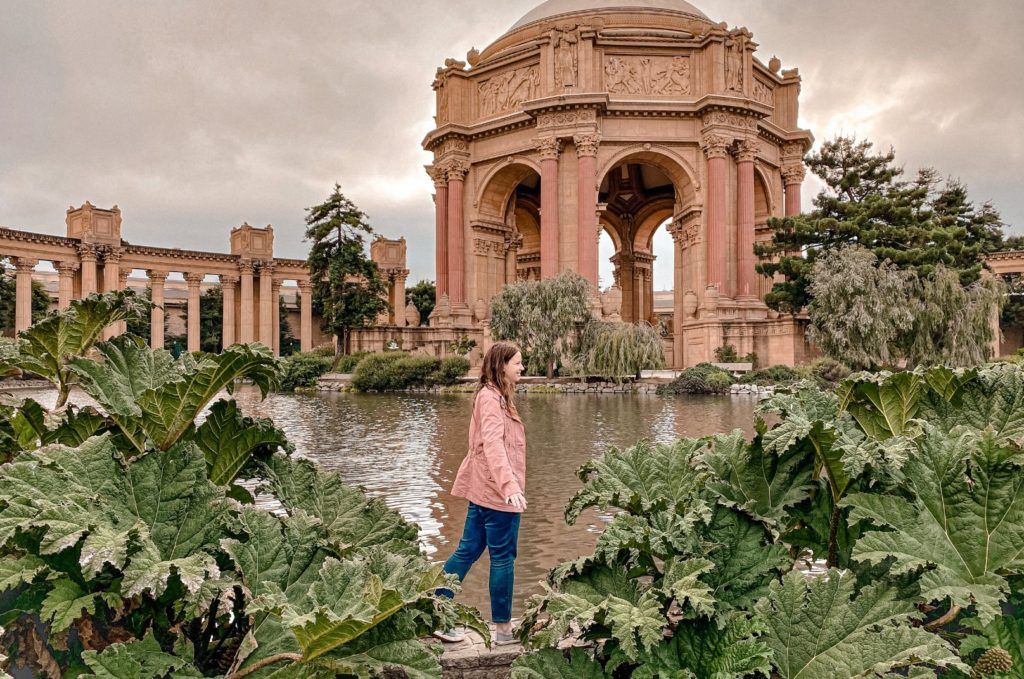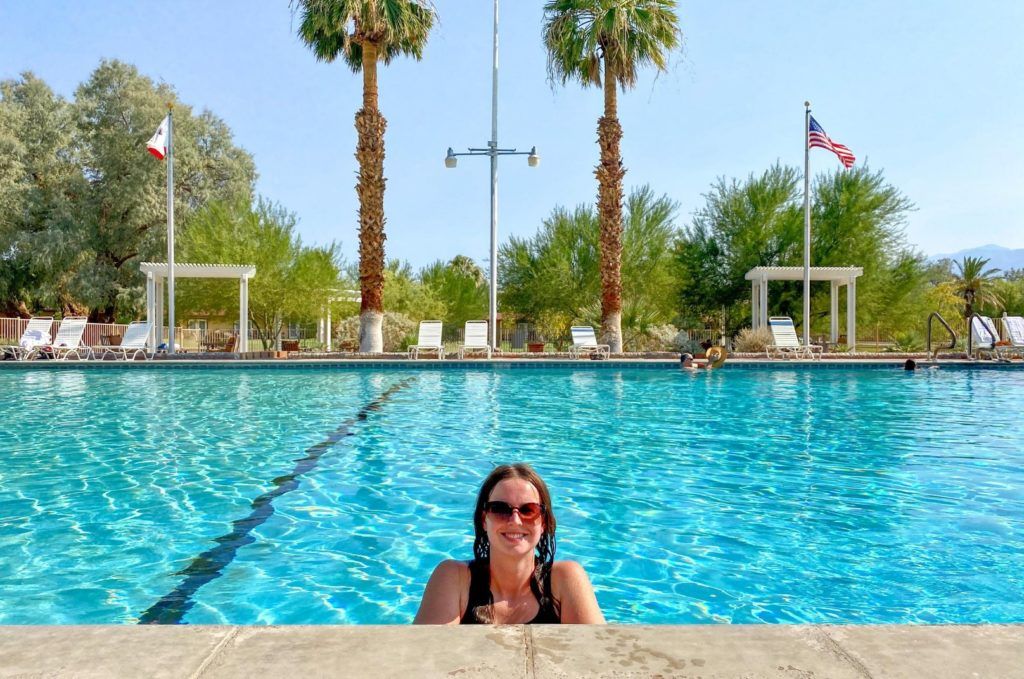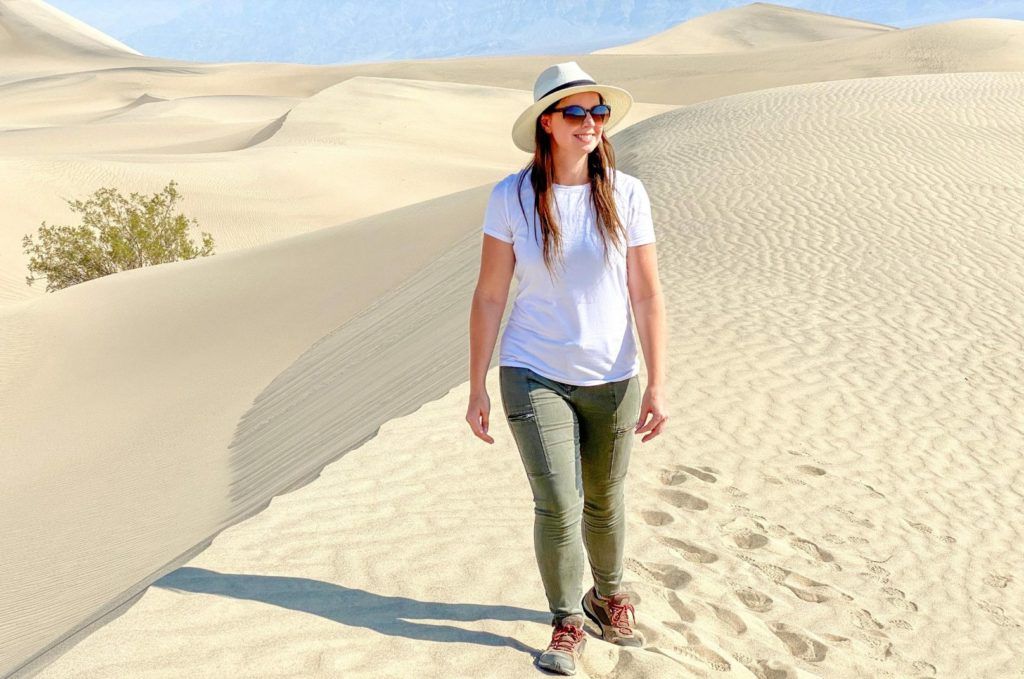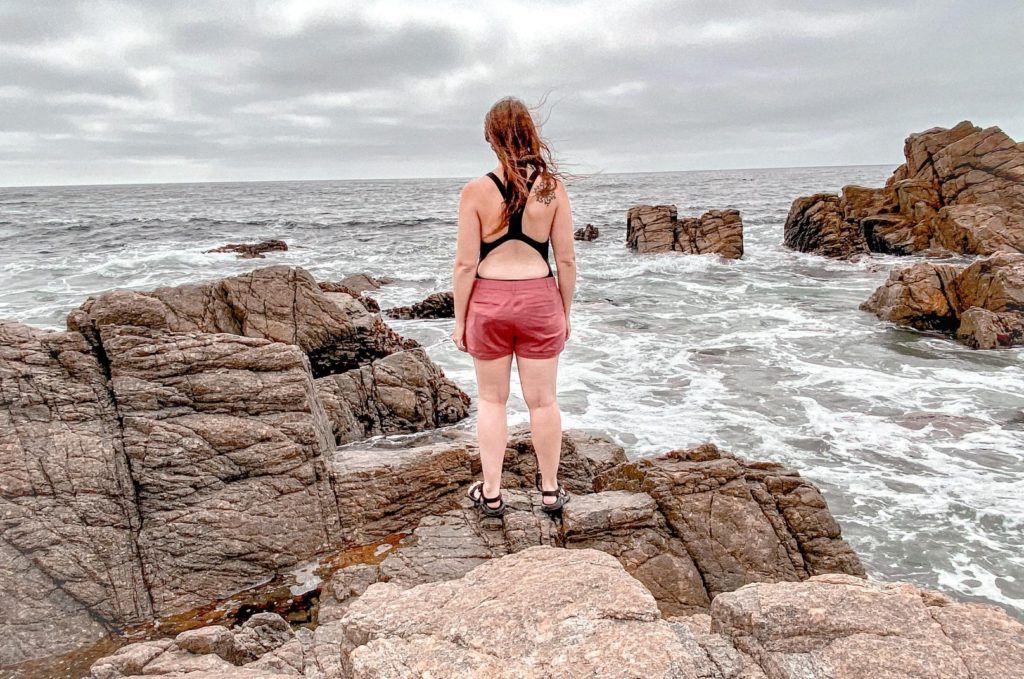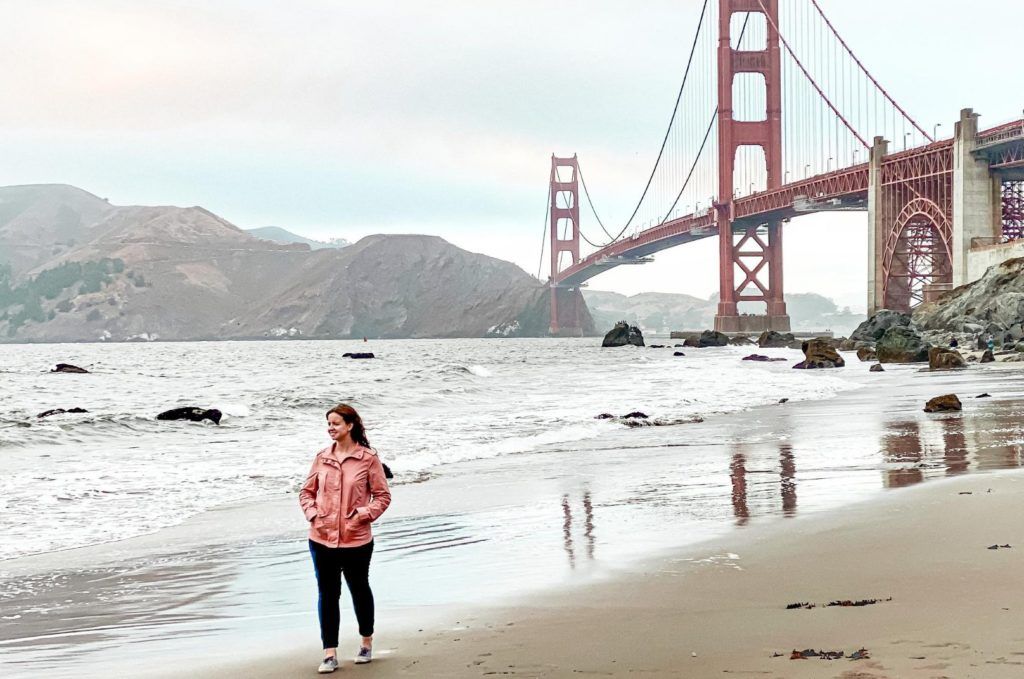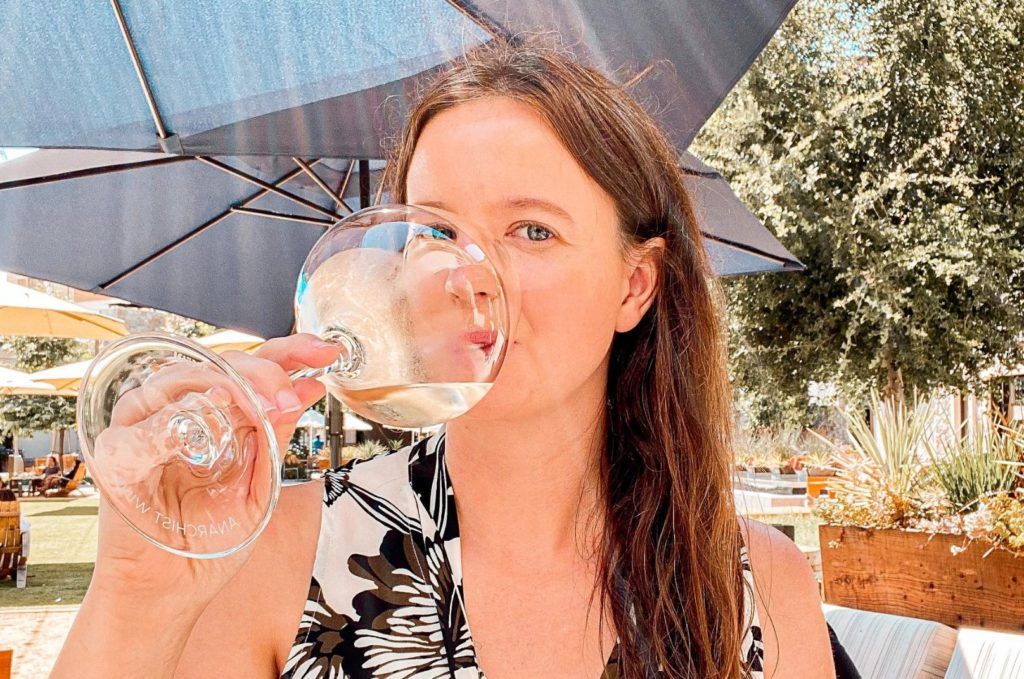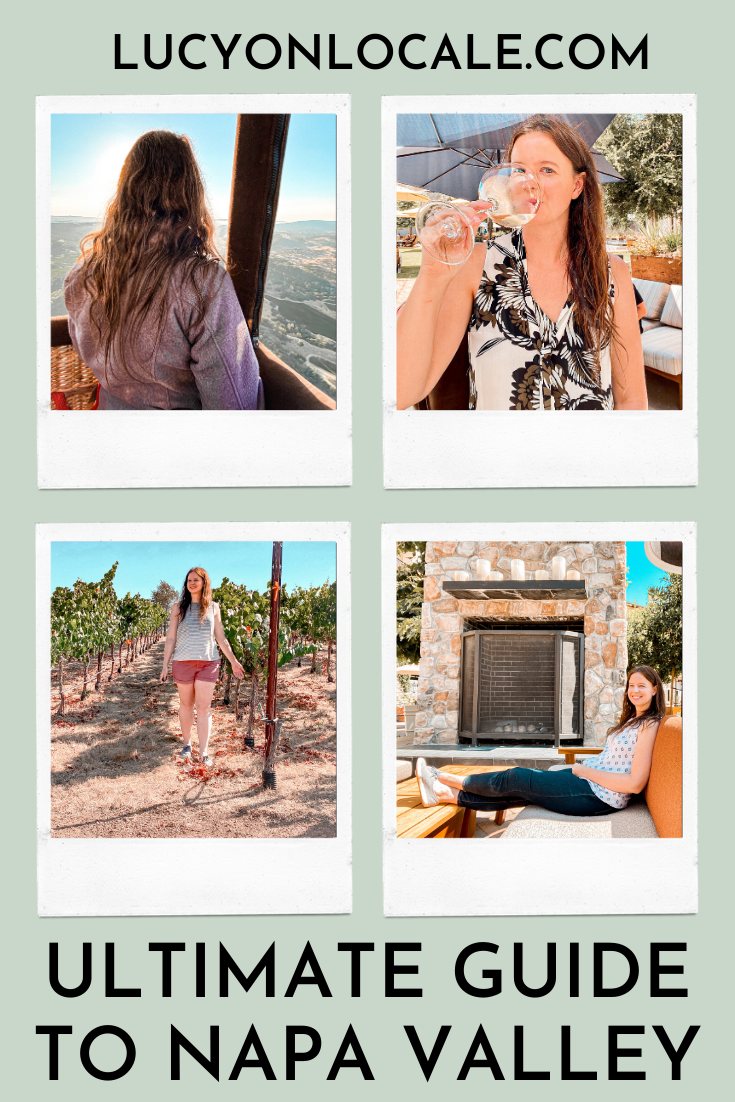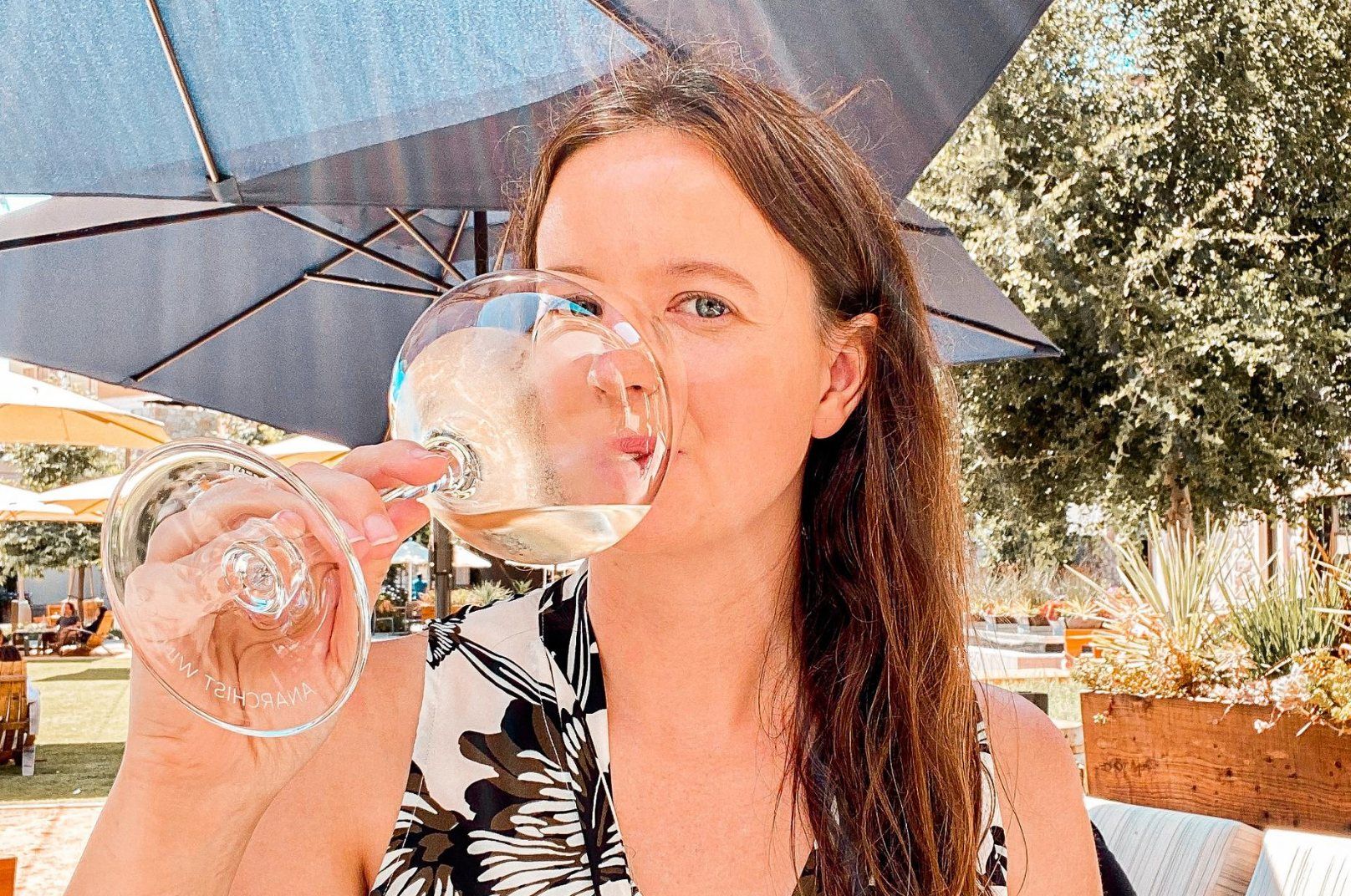
Napa Valley is one of the most popular destinations in California and the U.S. It’s a world-famous wine destination and a haven for foodies and outdoor enthusiasts. So this Napa Valley travel guide will help you plan the perfect getaway!
Napa Valley is one of the Best Destinations To Visit In September.
Know Before You Go: Napa Valley is much larger than most people think. In addition to the town of Napa, Napa Valley also includes the cities of Calistoga, St. Helena, and Yountville. So, you should choose a hotel or vacation home that’s close to the activities you want to do.
Here’s the ultimate Napa Valley travel guide!

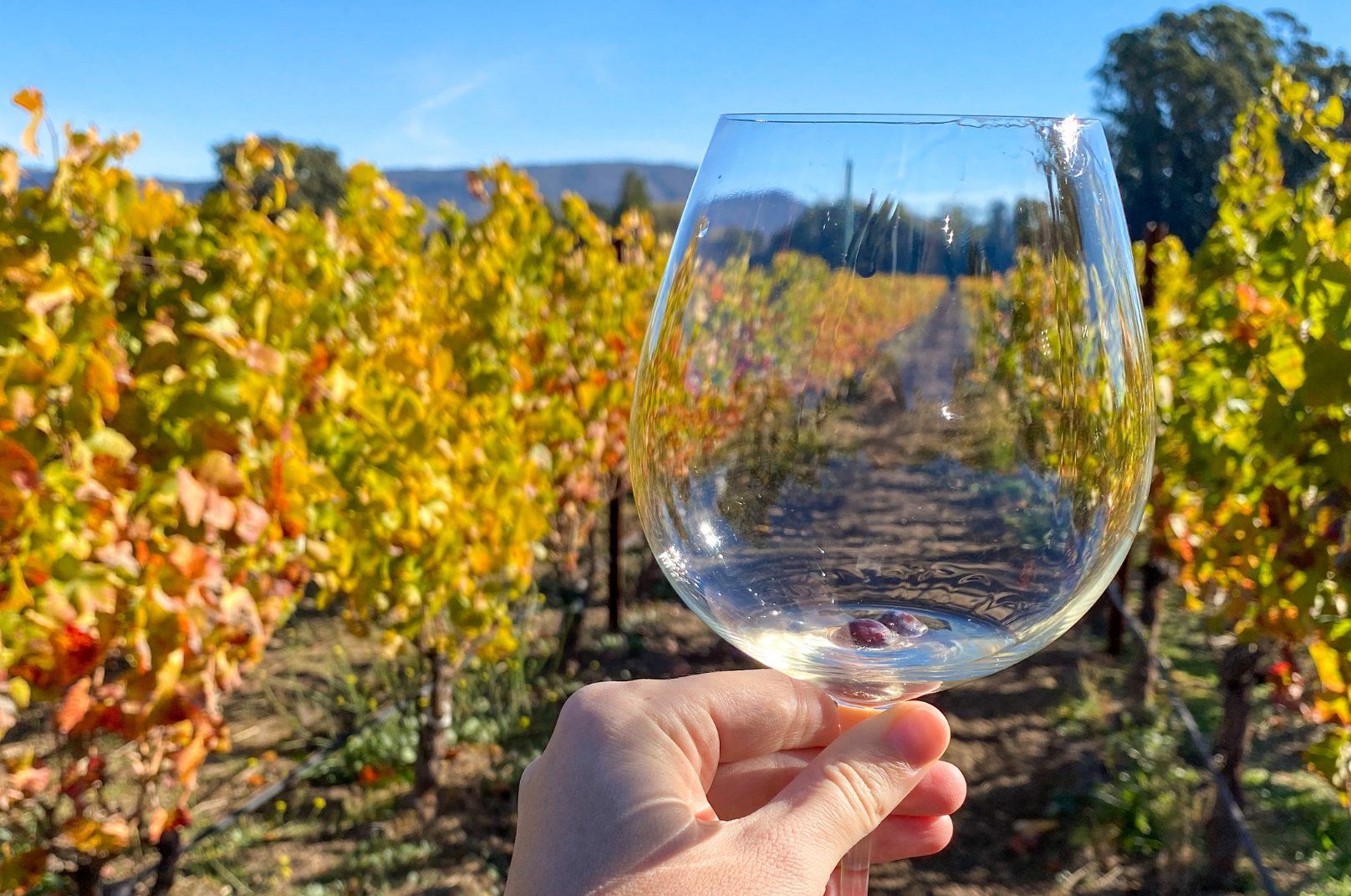
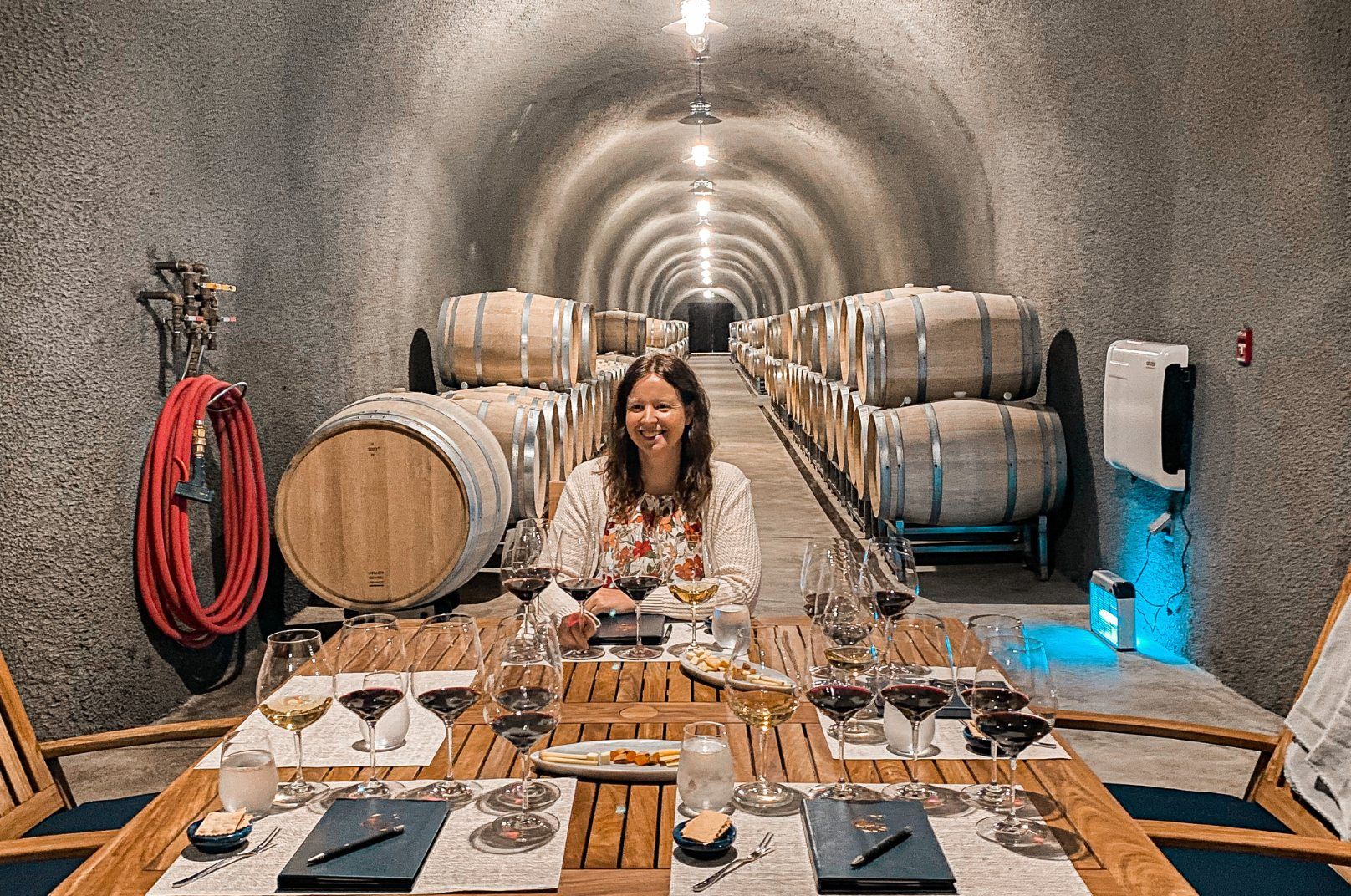
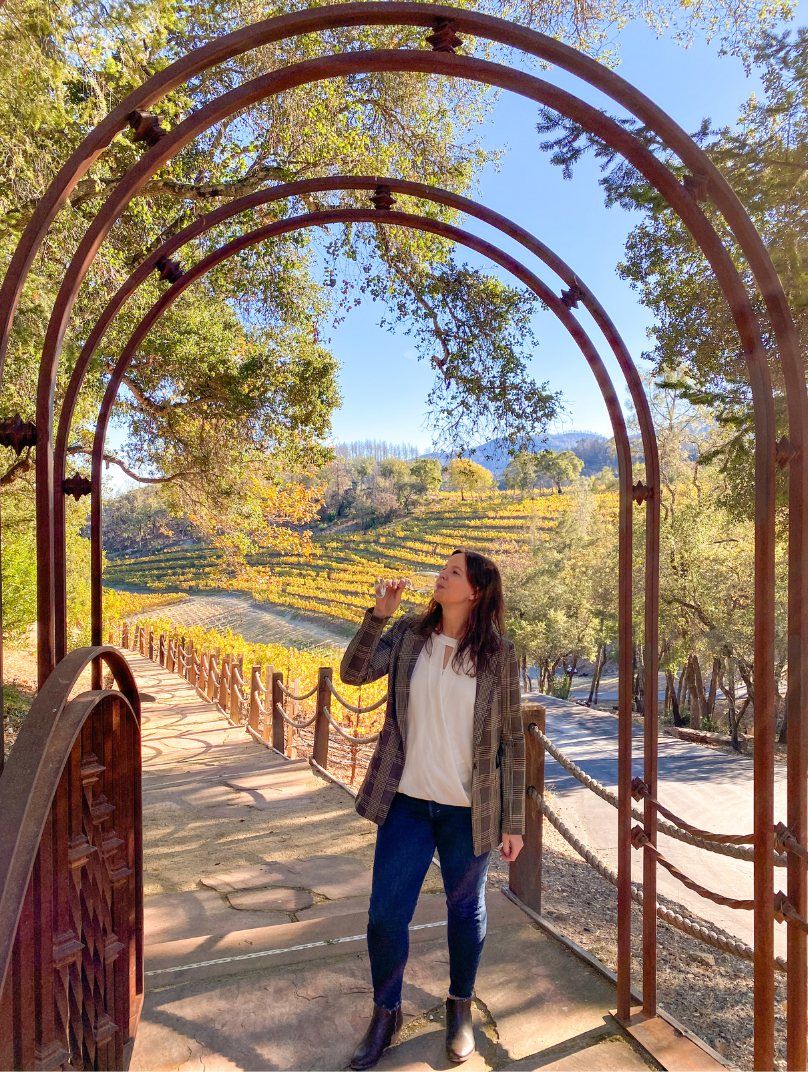
Top Wineries To Visit
There are more than 500 wineries in Napa Valley, so deciding which ones to visit can be daunting. That’s why I’ve rounded my favorite wineries and the most popular and Instagram-worthy wineries into categories to help you decide.
My Favorites: Clos du Val, Fantesca Estate.
Best Views: William Hill Estate Winery, Blanket Estate, Joseph Phelps
For The Region’s Iconic Cabernet Sauvignon: Pine Ridge, Beaulieu Vineyards, Cliff Lede Vineyards
White Wines: Alpha Omega, Signorello Estate, Alyris Vineyards
If You Love Rosé Wine: Clos Du Val, Calmere Estate, Hess Collection
Themed Wineries: Domaine Carneros (built to look like the Château de la Marquetterie in Champagne, France), Castello Di Amorosa (a Tuscan-inspired castle winery)

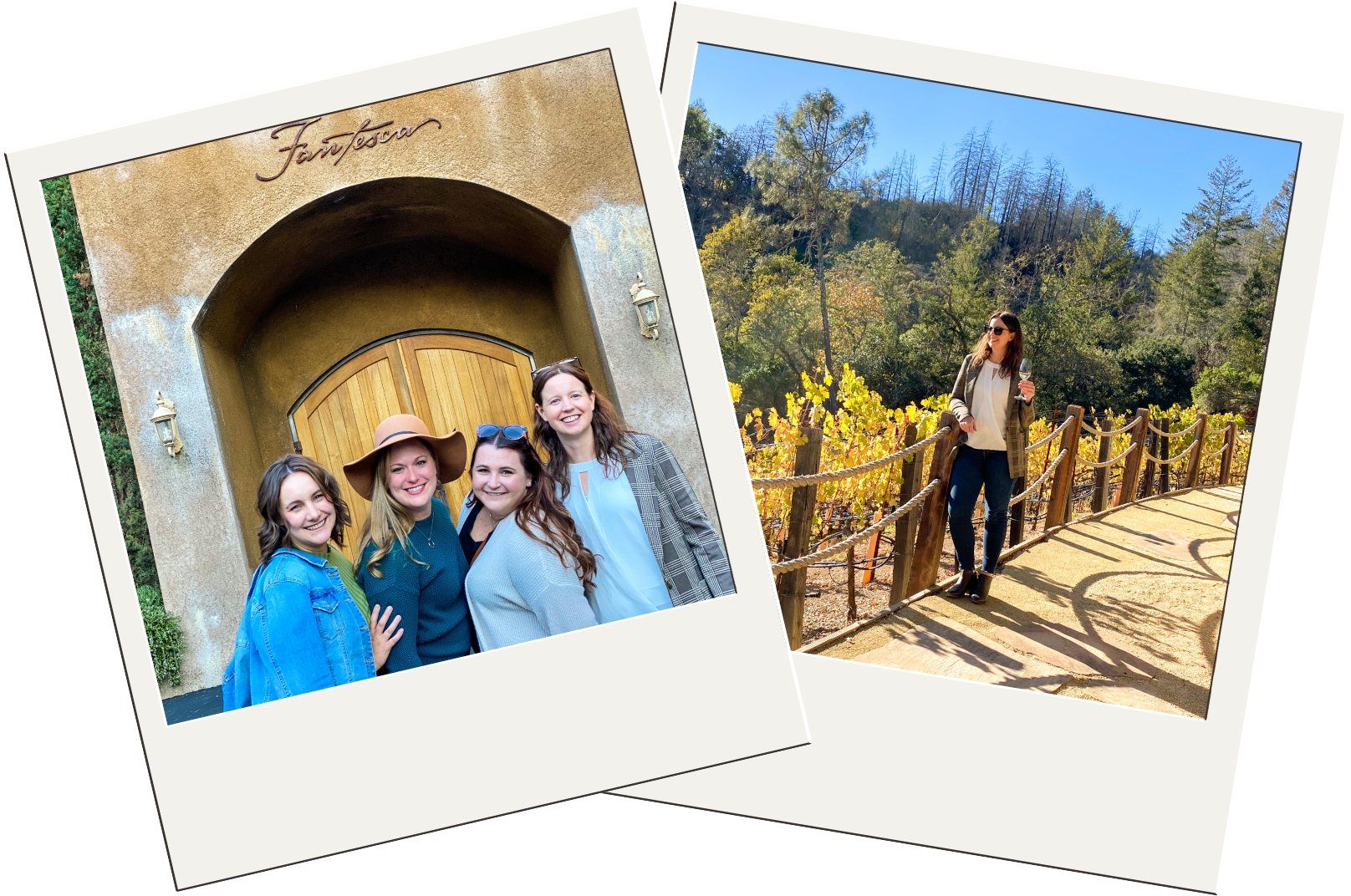
When To Go
Napa Valley is a year-round destination because the region doesn’t experience seasonal closures. August-October is the peak season for Napa because of the grape harvest. These months have the perfect weather, and you can participate in harvest dinners, balls, and grape smashing. But crowds and prices are at their peak, so book as far in advance as possible.
November – February is Napa Valley’s low season because the weather is in the high 50s to low 30s, and these are the rainiest months. But if you want to experience Napa on a budget, it’s worth packing your warm layers and rainjacket to come in the winter. Accommodation rates are at their lowest, there won’t be many other travelers, and wineries offer deals and discounts.
March-May is the region’s shoulder season. Crowds and prices won’t be at their highest yet, and the temperatures will be rising. The Spring wildflowers will be blooming, and the (still cool) temperatures are perfect for hiking and other outdoor activities.
June-July brings long, sunny days. Tourist numbers and prices will be on the rise during these months, so visit during the weekdays to avoid some of the crowds and rising costs.

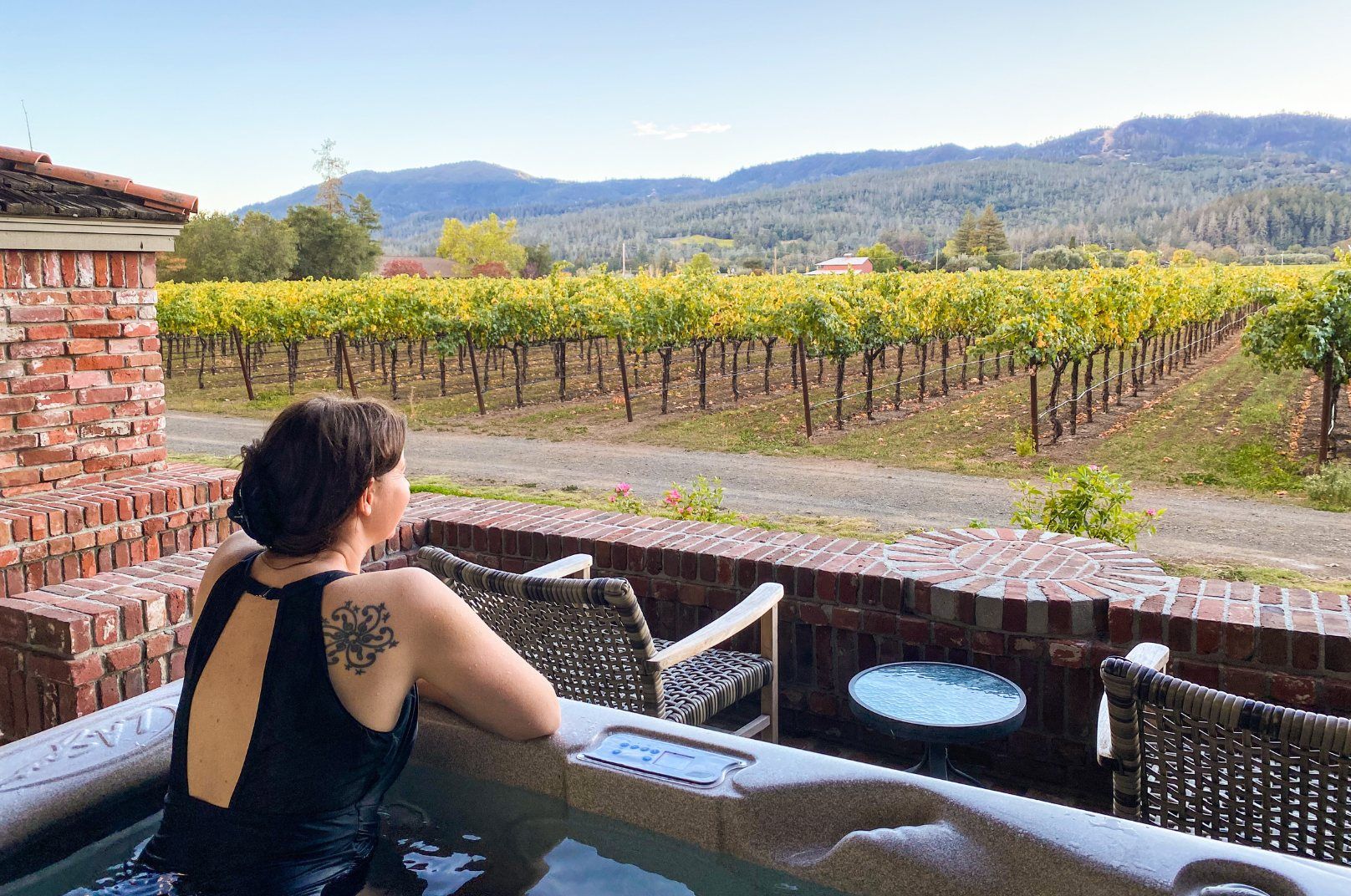
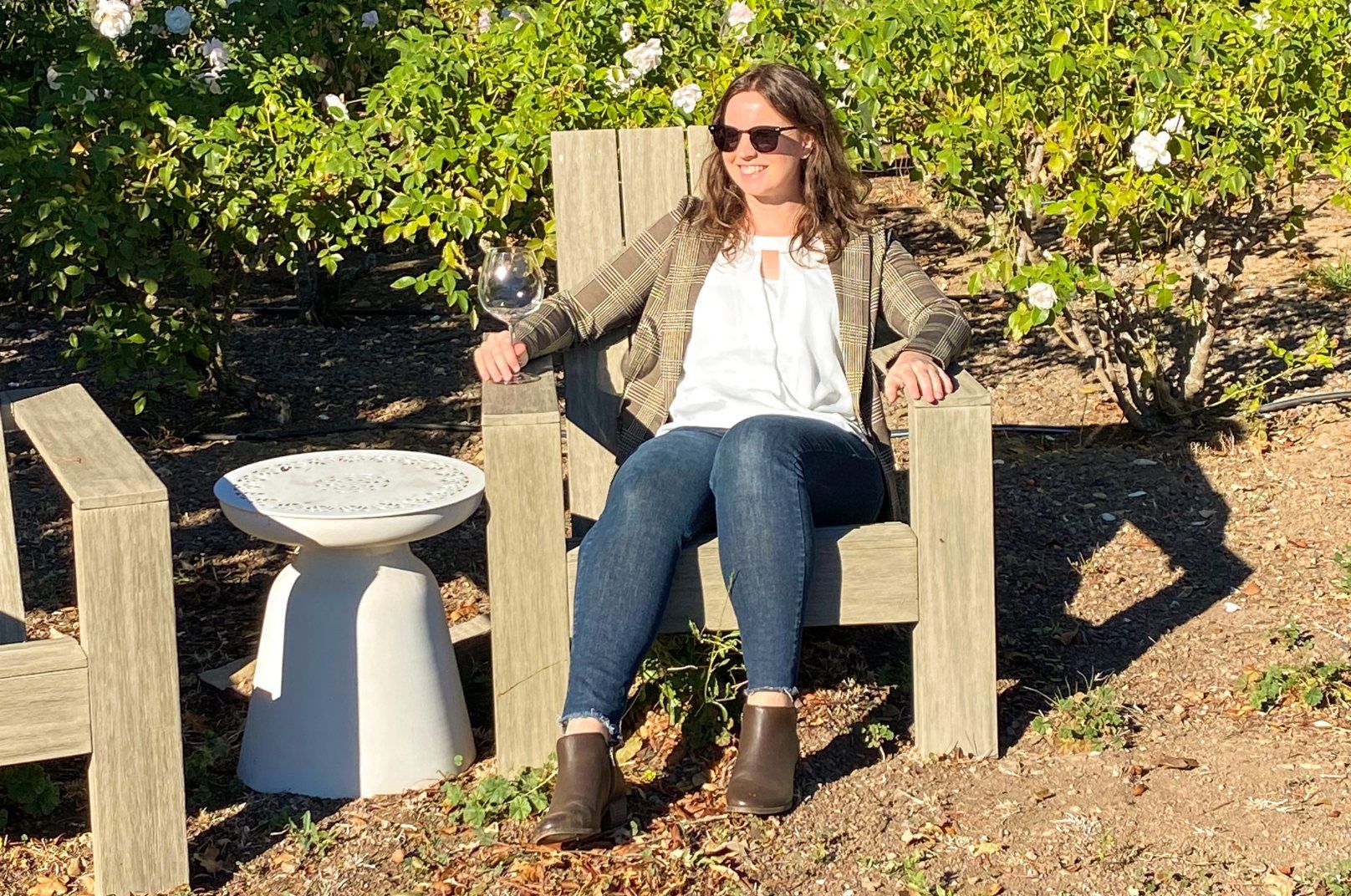
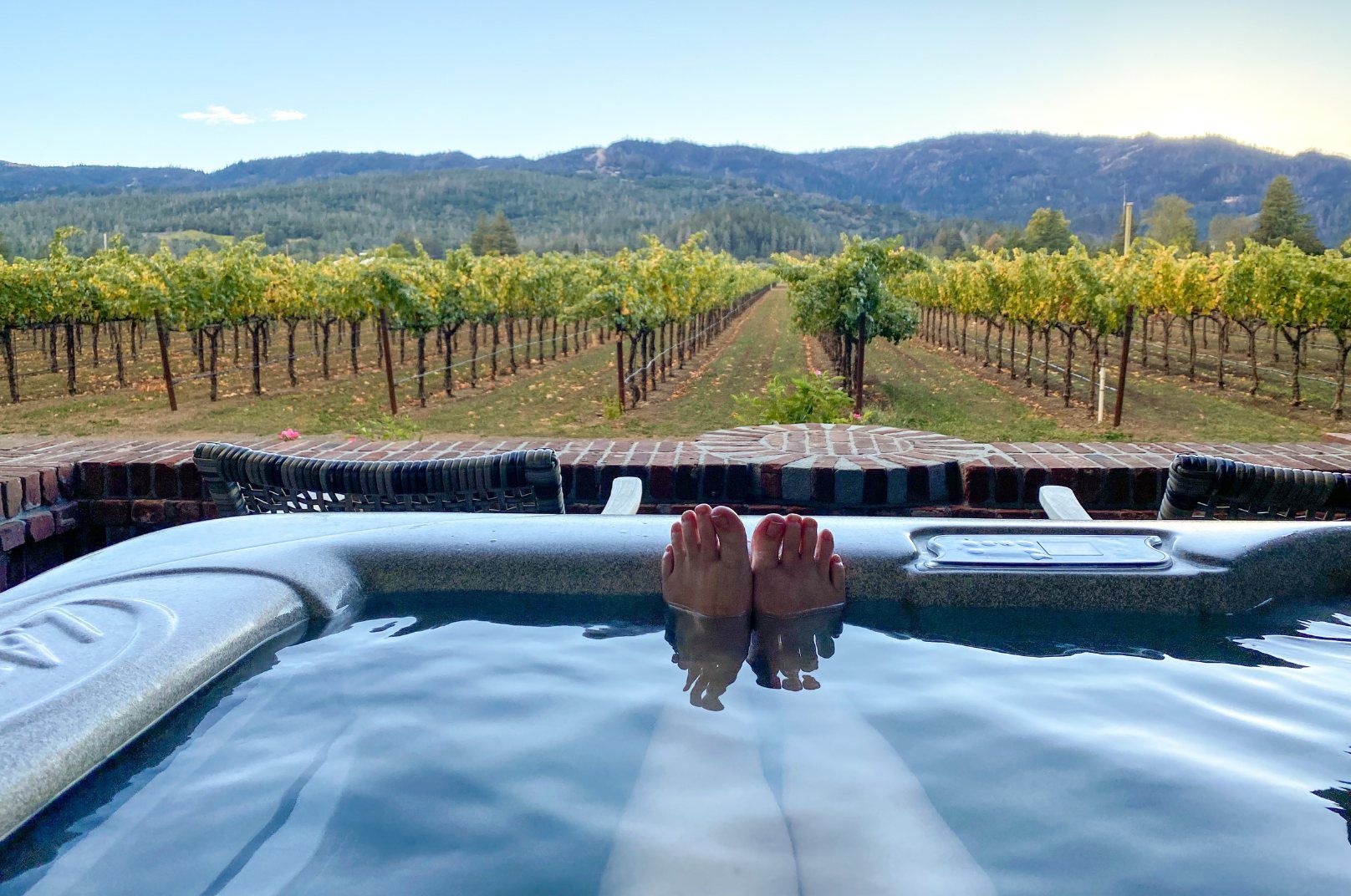
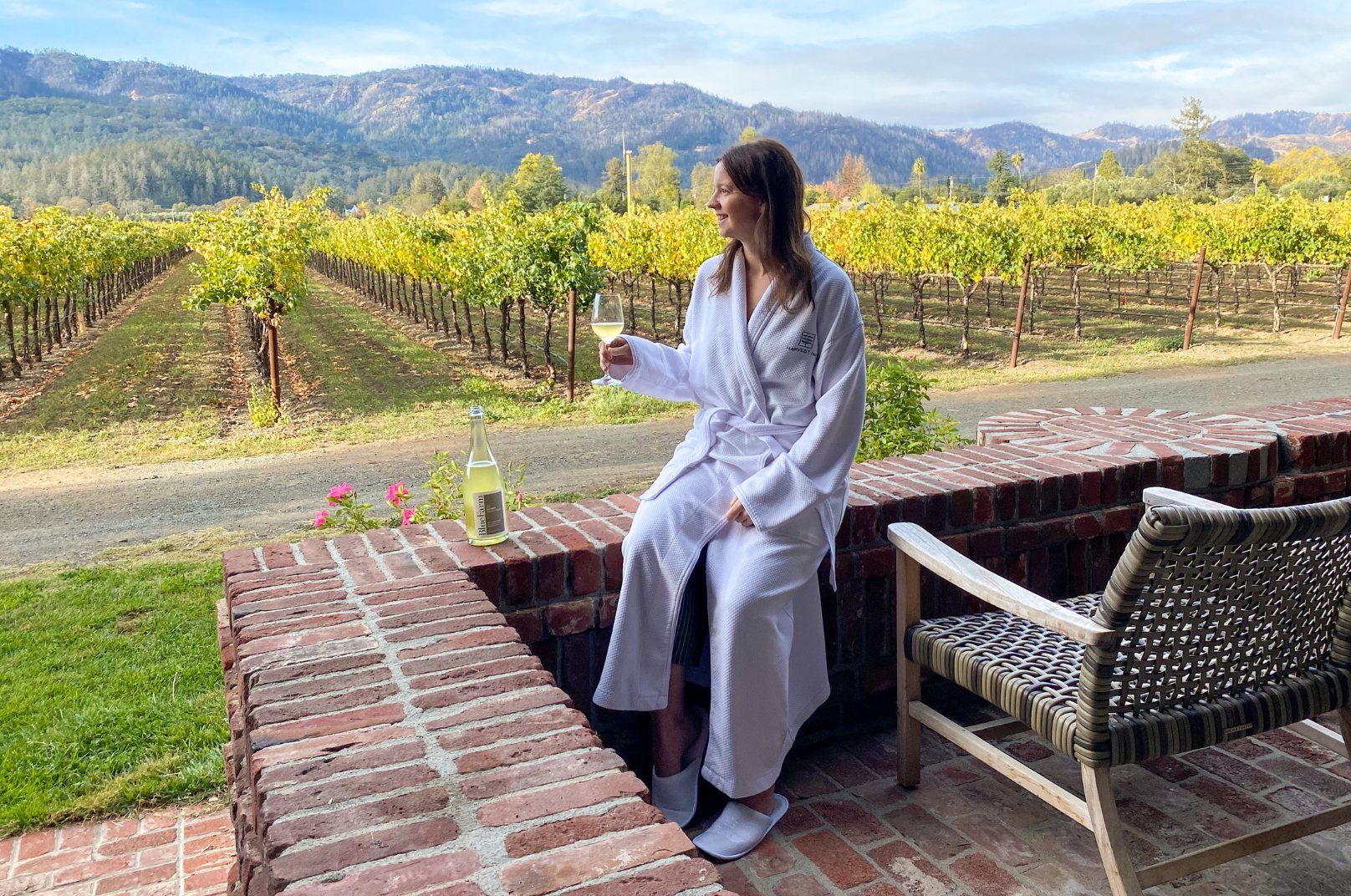
Where To Stay
I stayed at the Tuscan-inspired Meritage Resort on my first trip to Napa Valley. This expansive resort and its “sister resort,” The Vista Collins across the street, have created a place that provides everything great about Napa Valley in one place.
You’ve got nine tasting rooms on-site, multiple gourmet restaurant options, family-only and adults-only pools, an underground tasting room and spa, and the resort has its own vineyards.
During my second trip to Napa Valley, I stayed at Harvest Inn, a small, intimate boutique on a vineyard. This gorgeous property has detached cottage-style rooms, two pools, two hot tubs, and an incredible on-site restaurant.
The Best Hotels in Napa Valley
Napa Valley also has some incredible vacation homes. If you want to camp or will have an RV, I recommend Bothe-Napa Valley State Park.

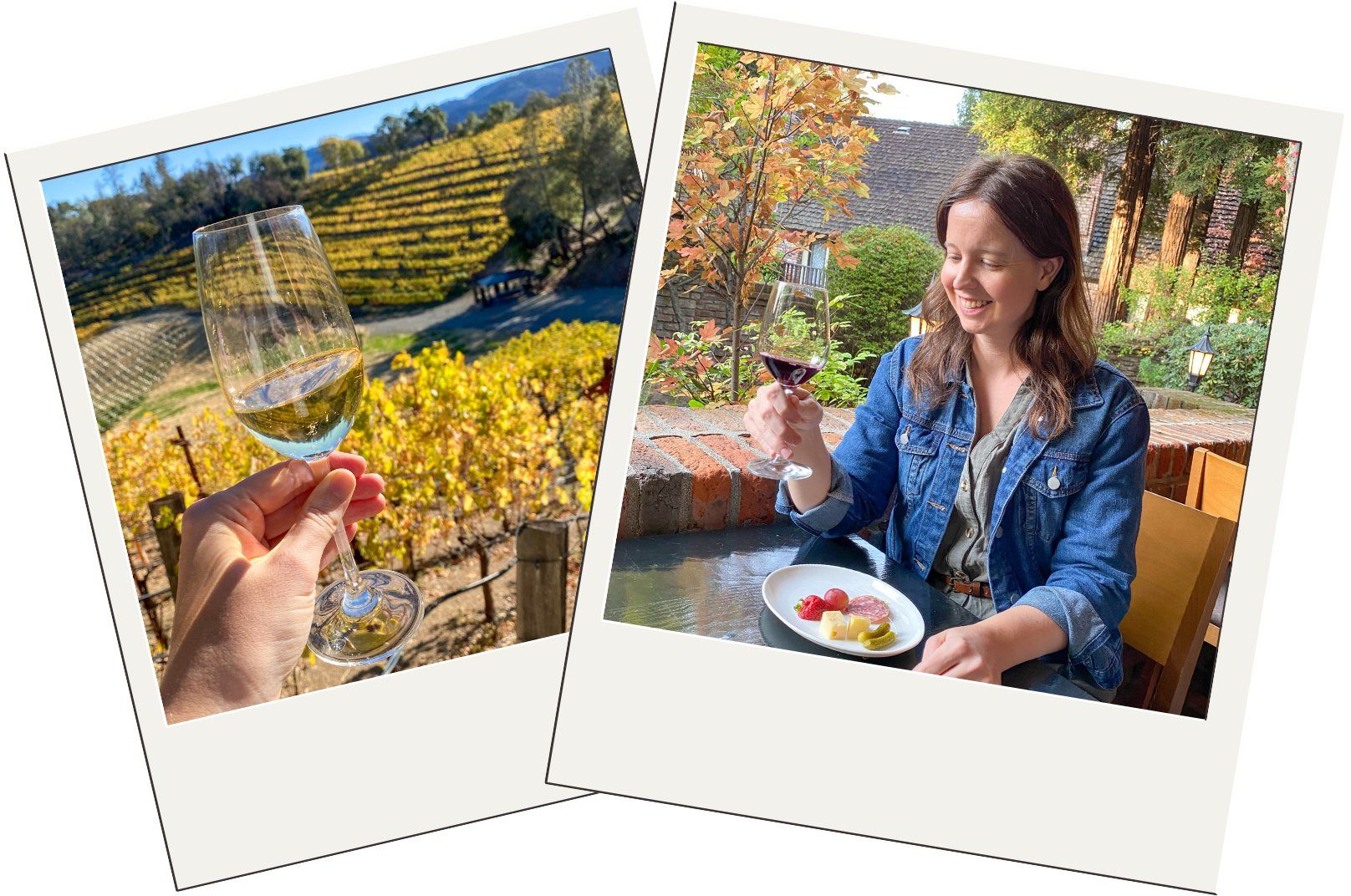
Where To Eat
French Food: French Laundry, Bouchon, Angele Restaurant & Bar, Bistro Jeanty.
Italian Food: Bistro Don Giovanni, Bistro Don Giovanni, Bottega Napa Valley.
Brunch Places: Solbar, The Charter Oak, Acacia House.
American Food: Cole’s Chop House, Farmstead at Long Meadow Ranch, Ad Hoc, Mustards Grill.
My Favorites: Oxbow Public Market (Quick Eats), Brasswood (American), PRESS (American), Market (American).
Restaurants With A View: The Auberge Du Soleil Bistro & Bar, Avow.
I HIGHLY recommend making reservations for every meal!

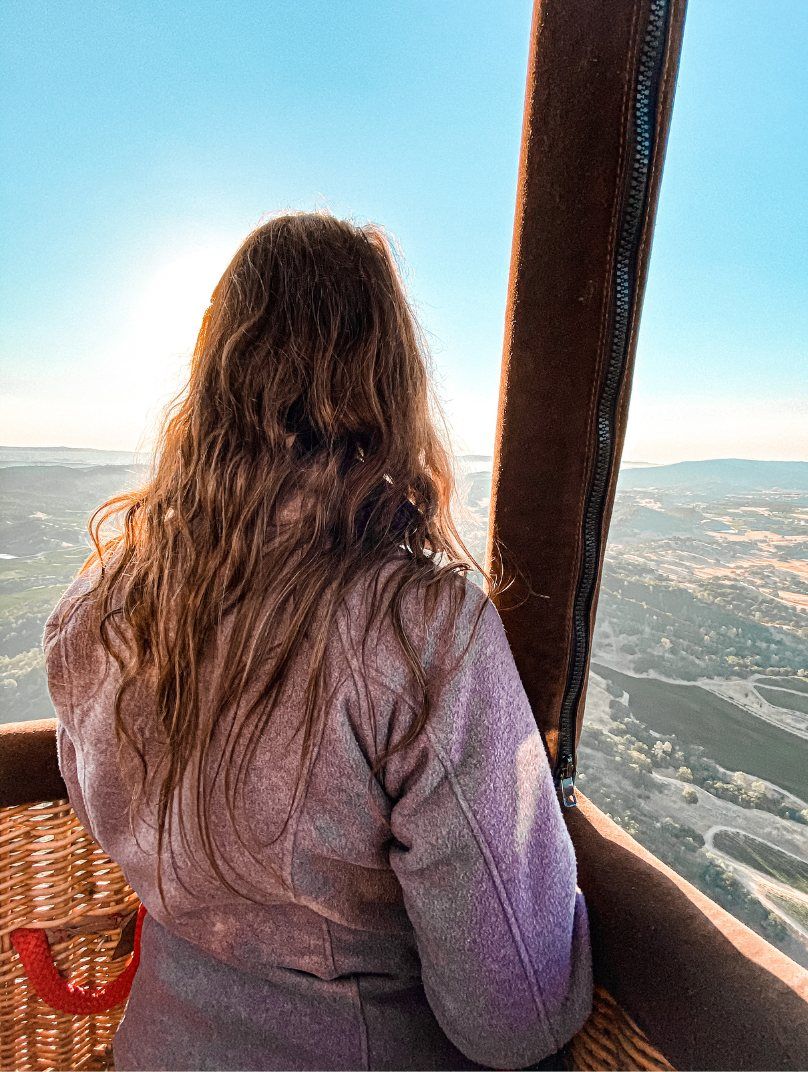
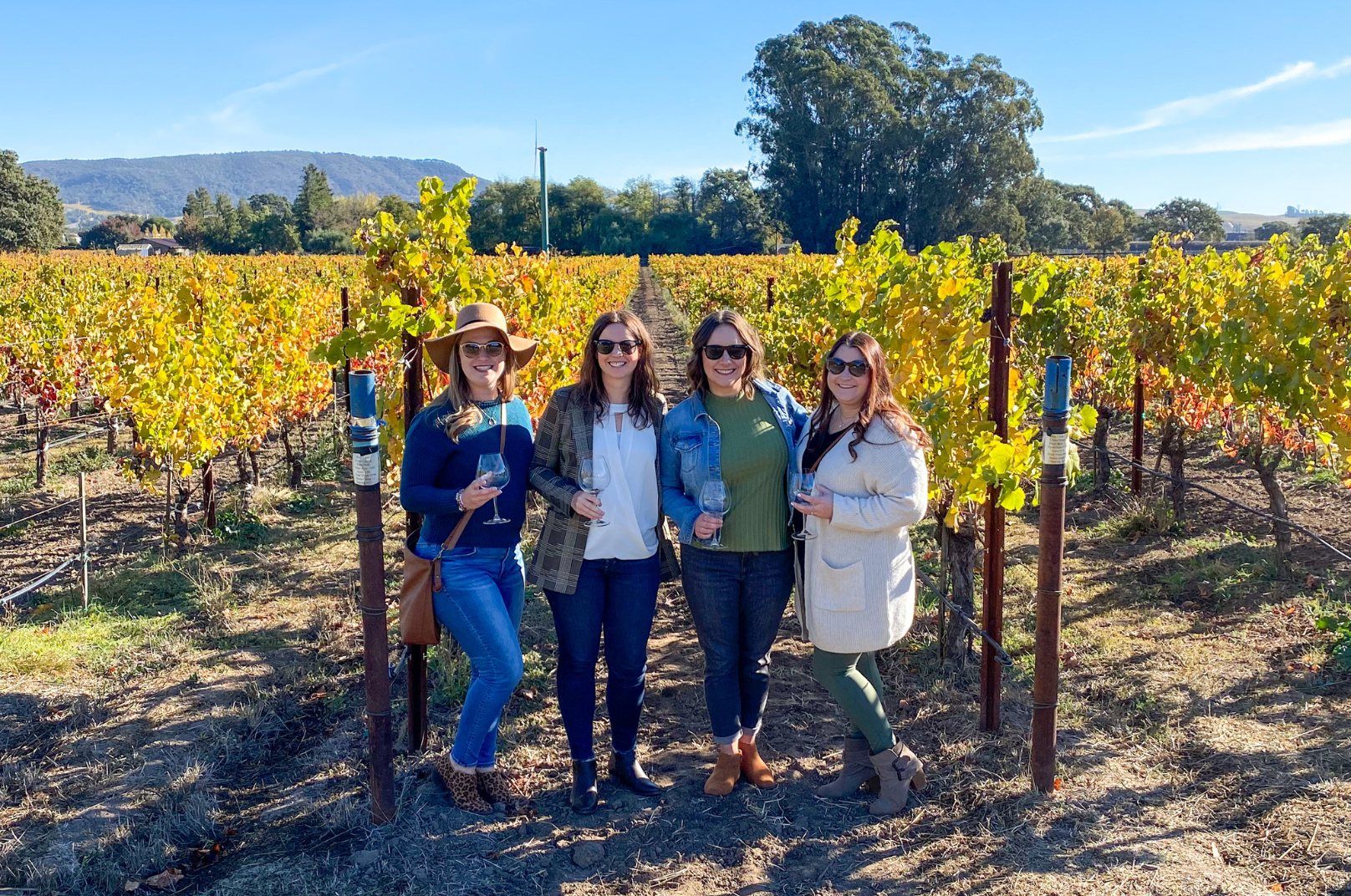
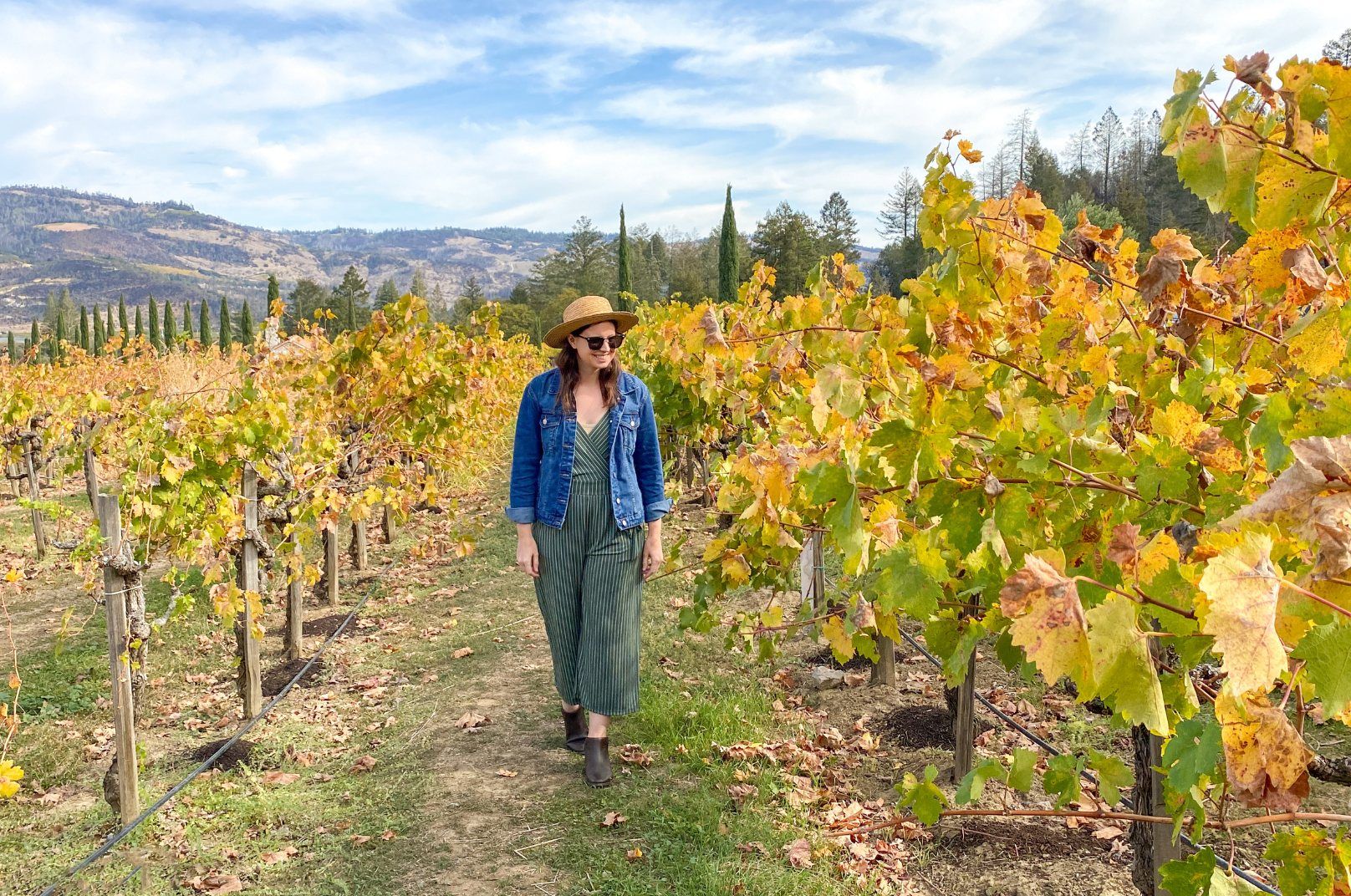
What To Do
Napa Valley offers far more than just wine tasting and vineyard tours. Other activities I recommend are biking the Vine Trail, shopping in the towns, riding the Napa Valley Trolley, and taking a cooking class.
You can ride the Napa Valley Wine Train, which is a culinary experience as much as a drinking experience. You can also hike some of the fantastic trails in the region, paddle the Napa River, go horseback riding, and drive the Napa Valley Silverado Trail. If you want a truly unique experience, go on this Napa Valley classic sidecar wine tour.
My favorite thing I did in Napa was a hot air balloon ride! These start very early in the morning (usually, you meet your guides between 5 – 5:30 am), so if you take a ride, make sure to give yourself time for a nap later in the day.
Pro Tip For Hot Air Balloon Rides: bring a warm layer because it’ll be cold during the first part of the ride. But make sure it’s a layer you can easily take off and tie around your waist because the heat from the balloon will make it warmer and warmer as the ride progresses.

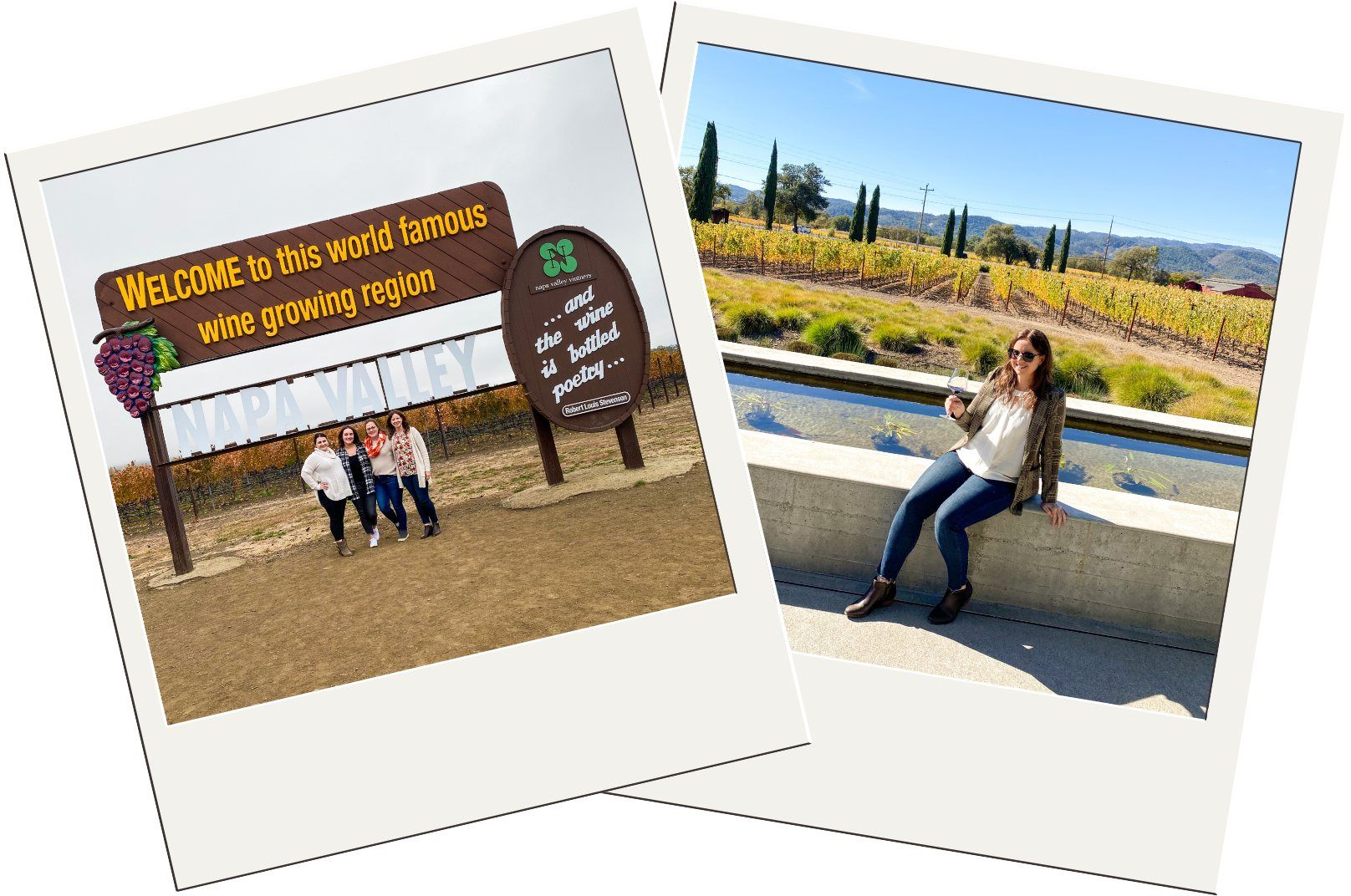
Getting Around
Unless you have a designated driver in your group, you will not want to drive to and from wine tastings. I recommend hiring a driver who can guide you around the region to some of the best wineries, sights, and viewpoints.
I recommend using Bin 415 – a fantastic private tour company – to plan your winery visits. Bin 415 will customize the perfect tour for you, and your guide will handle all the logistics. Plus, you’ll get the VIP treatment throughout the entire day!
Read about my Bin 415 tour of Napa Valley
You can also use UBER and Lyft. Many of the larger hotels and resorts in the region also provide shuttle services around the area.
I highly recommend spending at least a few days in Napa Valley, but the region can also be explored as a day trip from San Francisco, so here’s my Ultimate Guide To San Francisco.

Shop My California Essentials

Is there anything you’d add to this Napa Valley Travel Guide? If so, share with us in the comments!

Plan The Rest Of Your Trip

Recommended Tours in Napa Valley

Frequently Asked Questions
What are the best wineries in Napa Valley?
There are more than 500 wineries in Napa Valley, so deciding which ones to visit can be daunting. That’s why I’ve divided my favorite wineries and the most popular and Instagram-worthy wineries into several categories to help you decide.
Best Views: William Hill Estate Winery, Blanket Estate, Joseph Phelps
For The Region’s Iconic Cabernet Sauvignon: Pine Ridge, Beaulieu Vineyards, Cliff Lede Vineyards
White Wines: Alpha Omega, Signorello Estate, Alyris Vineyards
If You Love Rosé Wine: Clos Du Val, Calmere Estate, Hess Collection
Themed Wineries: Domaine Carneros (built to look like the Château de la Marquetterie in Champagne, France), Castello Di Amorosa (a Tuscan-inspired castle winery)
Can you Uber to Napa?
Unless you have a designated driver in your group, you’re not going to want to drive to and from wine tastings. I recommend hiring a driver who can guide you around the region to some of the best wineries, sights, and viewpoints.
You can also use UBER, Lyft, and taxis. Many of the larger hotels and resorts in the region also provide shuttle services around the area.
Is it better to stay in Napa or Sonoma?
Napa Valley and Sonoma are both incredible destinations, and they will each give you very different experiences.
Napa is usually more popular, expensive, and crowded than Sonoma, and Napa has a sophisticated “vibe.” If you’re a foodie wanting high-end culinary experiences, then Napa is for you.
Sonoma is traditionally less-visited and less expensive with a “chiller” vibe than Napa Valley. Both regions have great outdoor activities, and I highly recommend visiting both of these places!
What is the best time of year to visit Napa Valley?
Napa Valley is a year-round destination because the region doesn’t experience seasonal closures. August – October is the peak season for Napa Valley because of the harvesting season. These months have the perfect weather, and you can participate in harvest dinners, balls, and grape smashing. But crowds and prices are at their peak in these months, so book well in advance.
November – February is Napa Valley’s low season because the weather is in the high 50s to low 30s (14-0ºC). But if you want to experience Napa on a budget, then it’s worth packing your warm layers to come in these months. Accommodation rates are at their lowest, there won’t be many other travelers, and wineries offer deals and discounts.
March – May is the region’s shoulder season. Crowds and prices won’t be at their highest yet, and the temperatures will be rising. The Spring wildflowers will be blooming, and the (still cool) temperatures are perfect for hiking and other outdoor activities.
June – July brings long summer days with equal chances of sun and rain (these are the region’s wettest months). Tourist numbers and prices will rise during these months, so visit during the weekdays to avoid some of the crowds and peak costs.
How far apart are Napa and Sonoma?
The city of Napa and the city of Sonoma are only 14 miles apart. But these two wine regions are both larger than most people realize, so I recommend visiting each region separately to cut down on your driving time.
Can you walk between wineries in Napa?
A few wineries are within walking distance of each other in Napa Valley. But most wineries require you to drive (or bike) between them.
How many days should you spend in Napa Valley?
Give yourself at least 3-4 days to explore Napa Valley. This will give you plenty of time to visit wineries for tastings, enjoy the food scene, and do some outdoor activities.
Can you wear jeans to a winery?
Yes, you can wear jeans to a winery as long as they’re not grungy jeans. You don’t have to wear fancy clothes to wineries, but your clothes should be event-appropriate.

This Napa Valley Travel Guide is not a sponsored post, and, as always, the thoughts and opinions expressed in this Napa Valley Travel Guide are entirely my own. Some of these links are affiliate links, and, at no cost to you, I may earn a small commission.
 Destinations
Destinations Packing
Packing Travel Tips
Travel Tips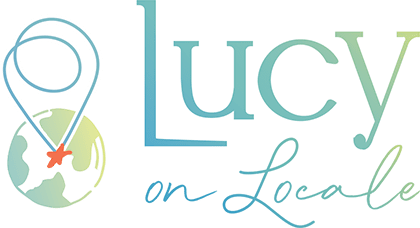
 Photography
Photography Points & Miles
Points & Miles Credit Cards
Credit Cards